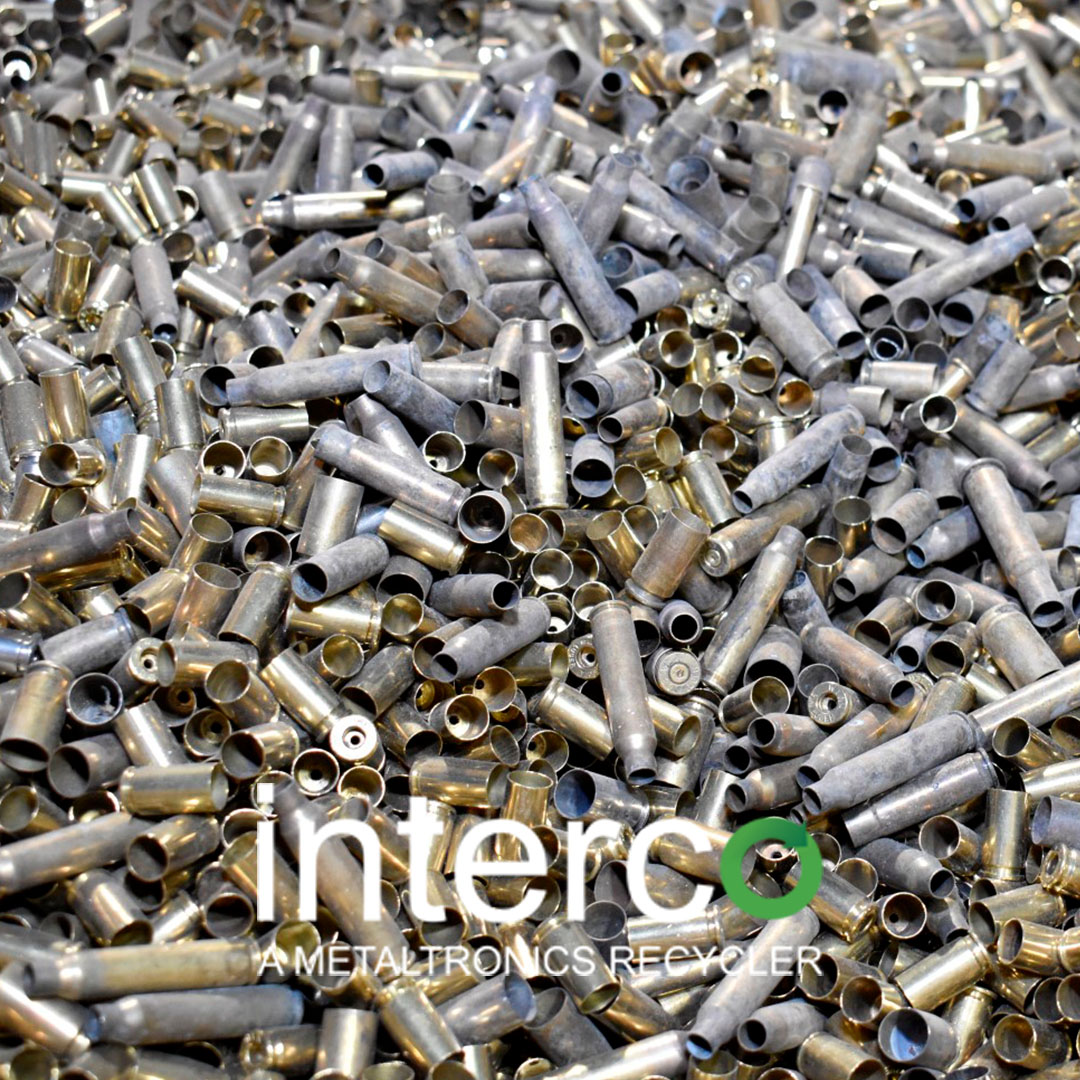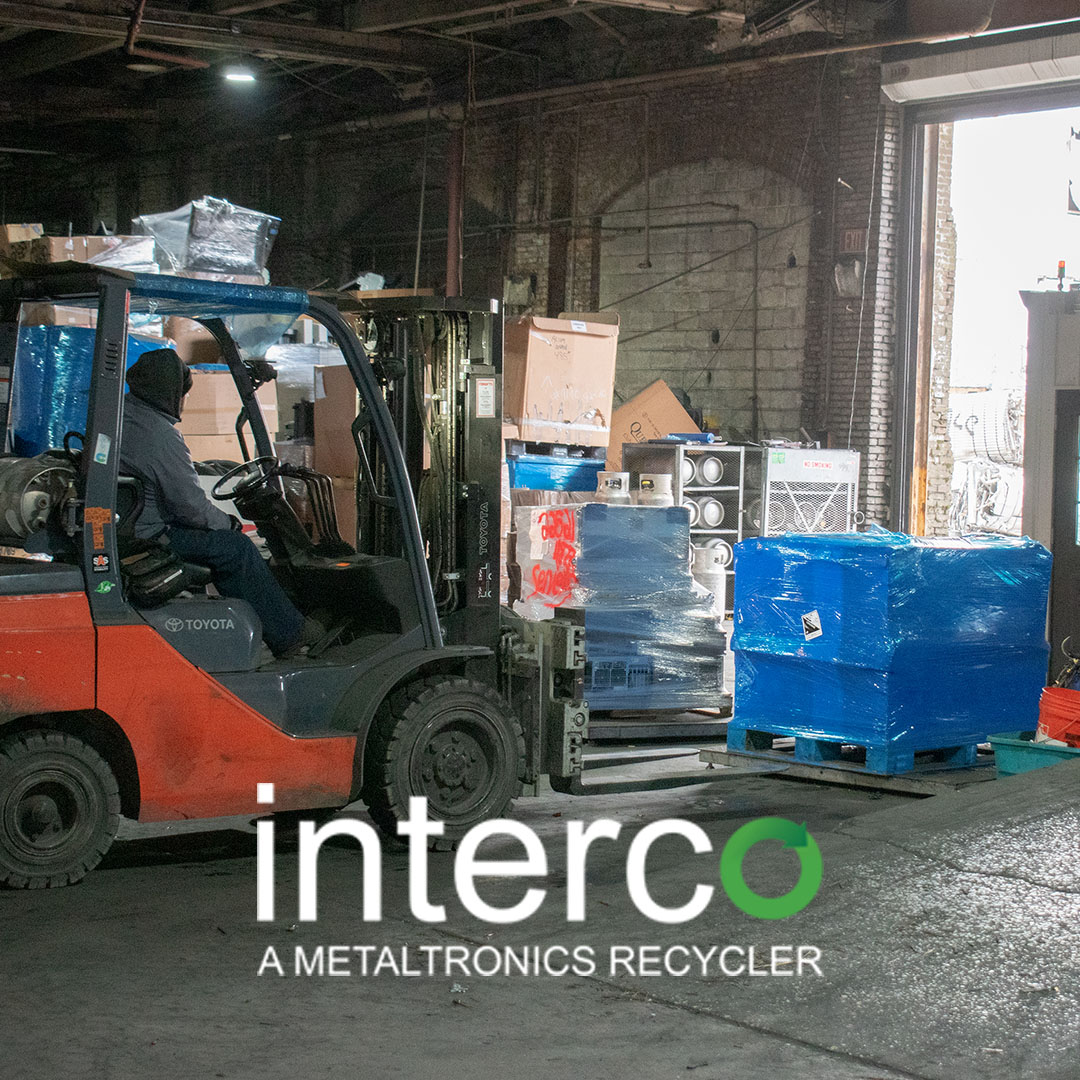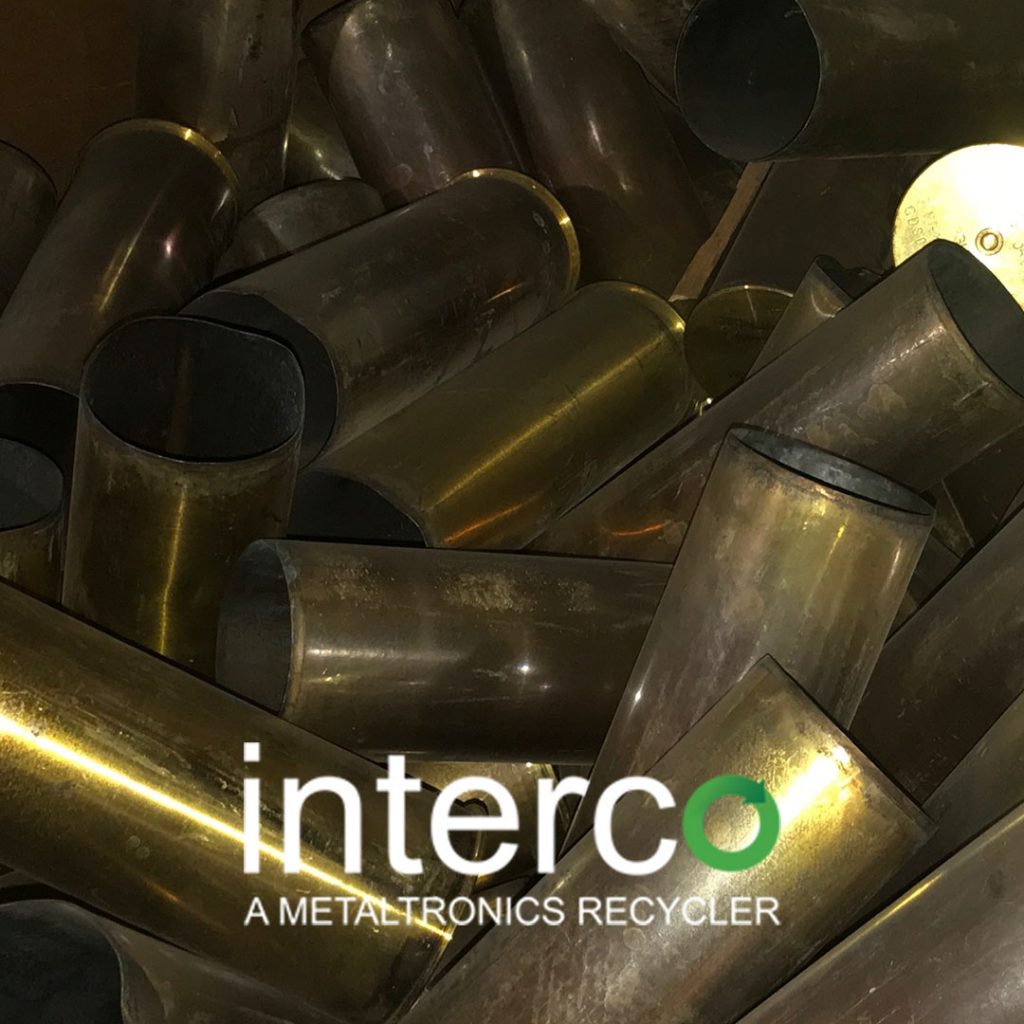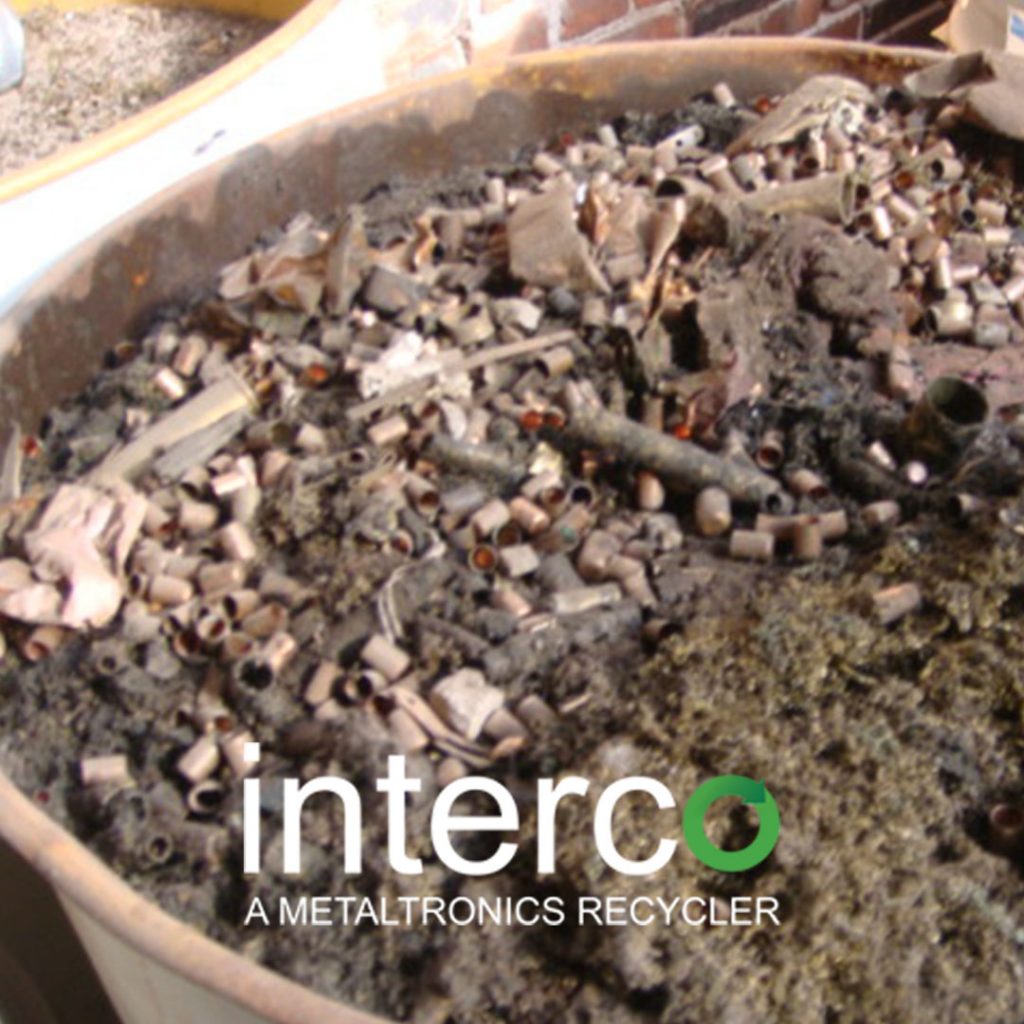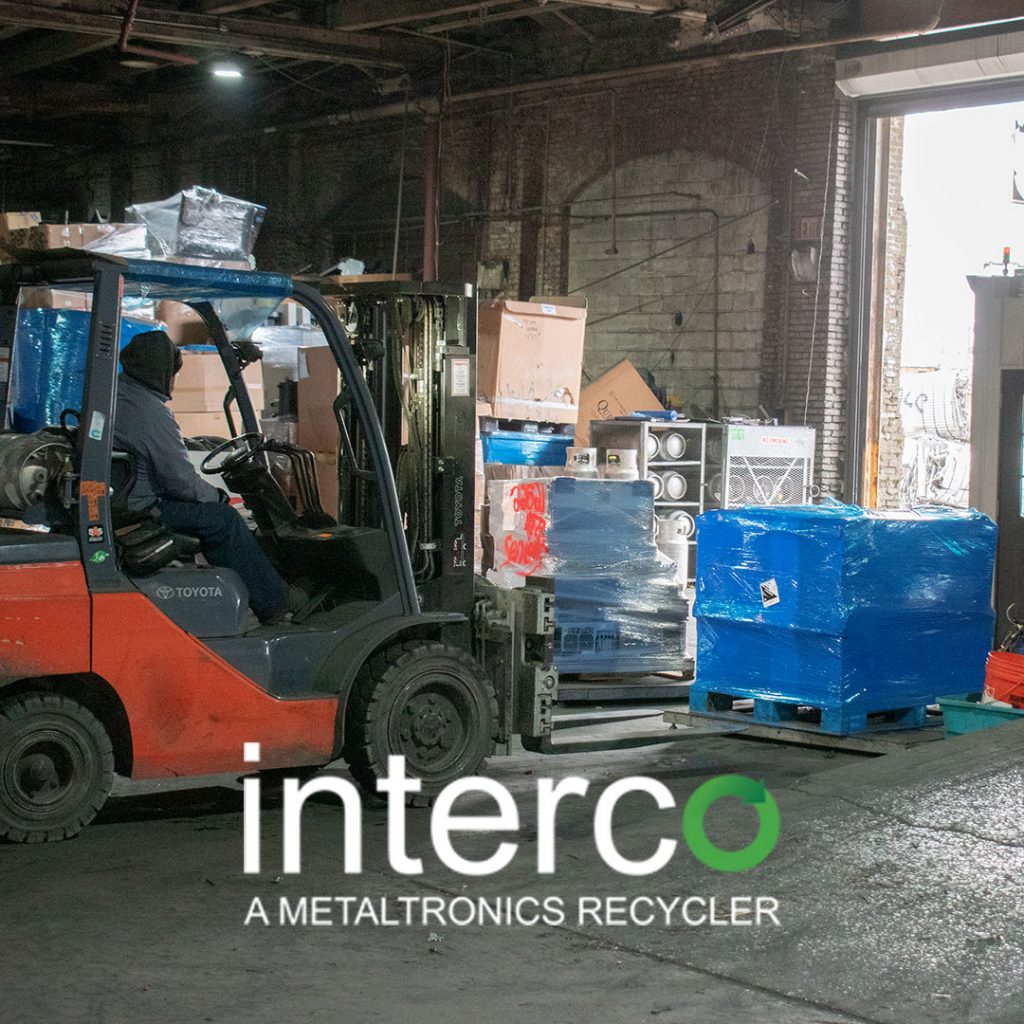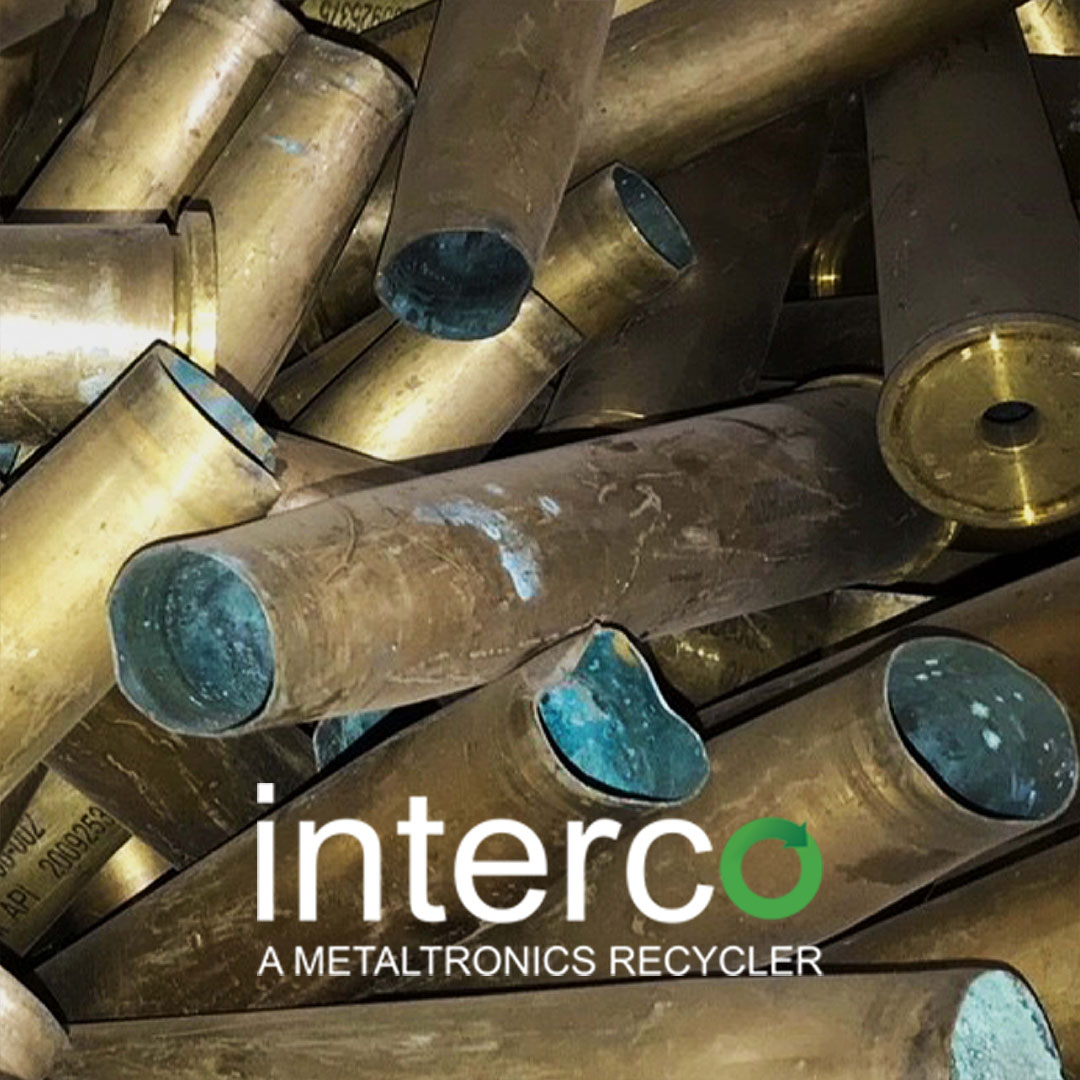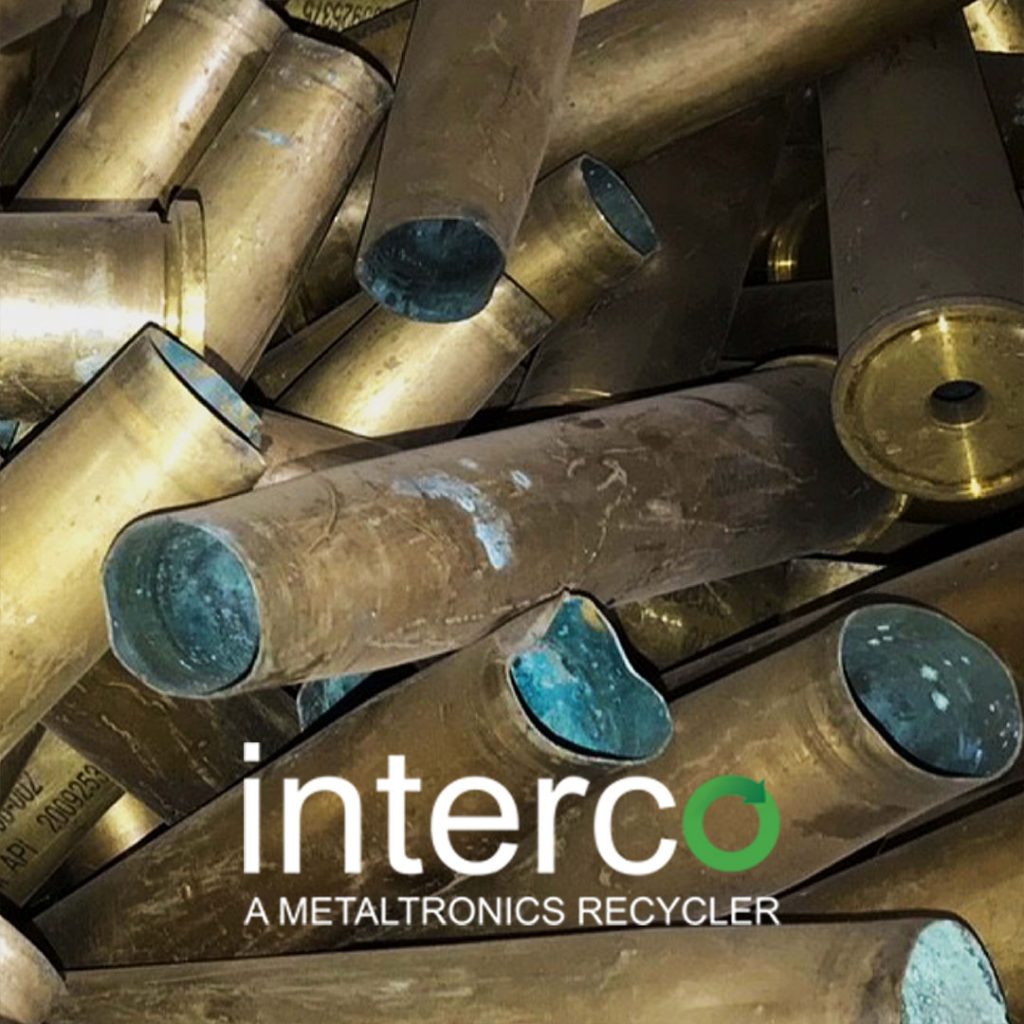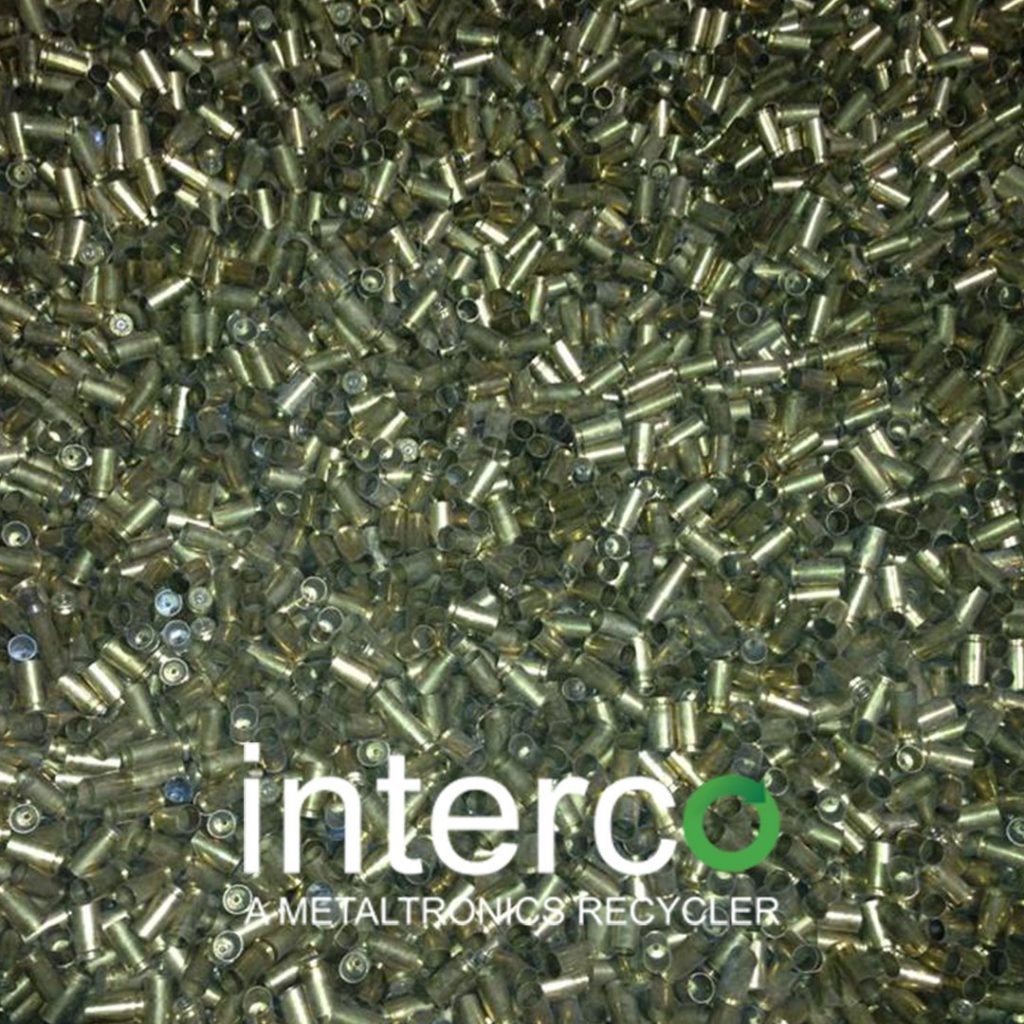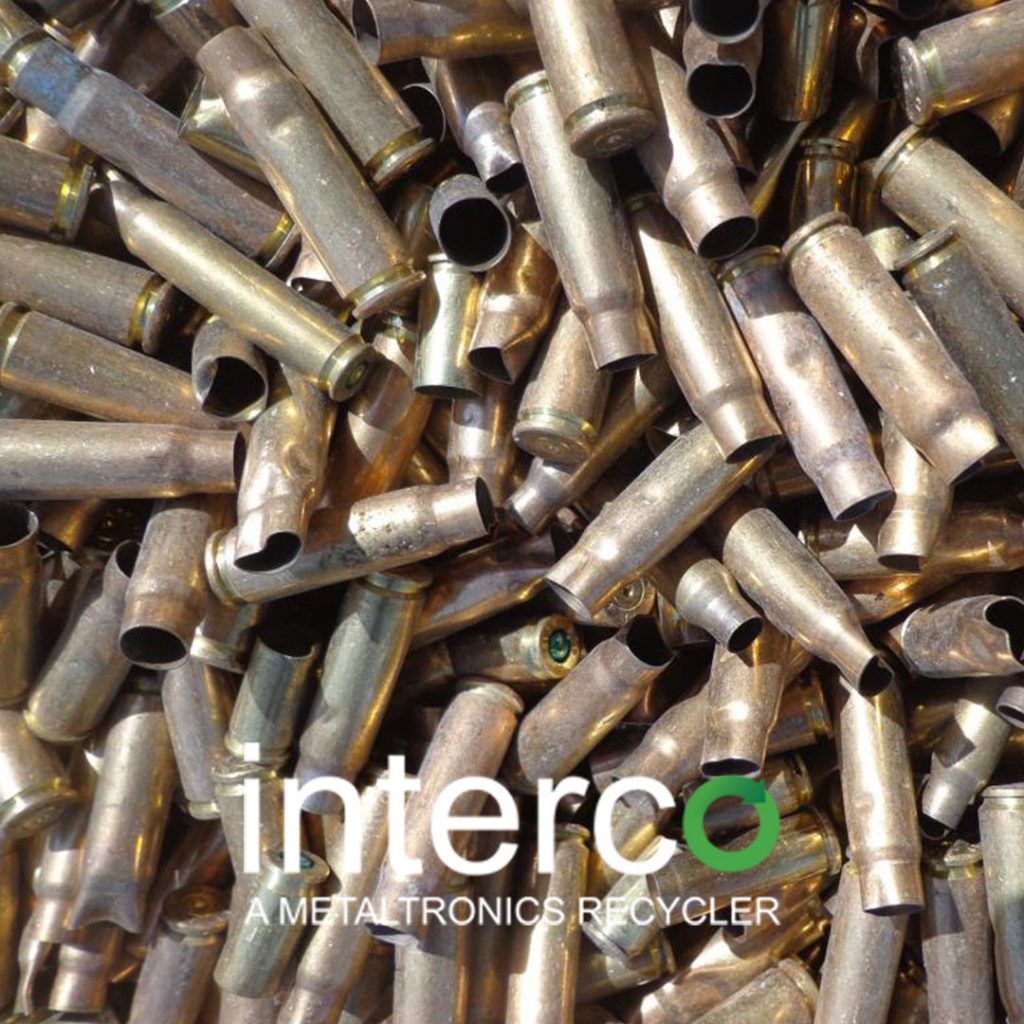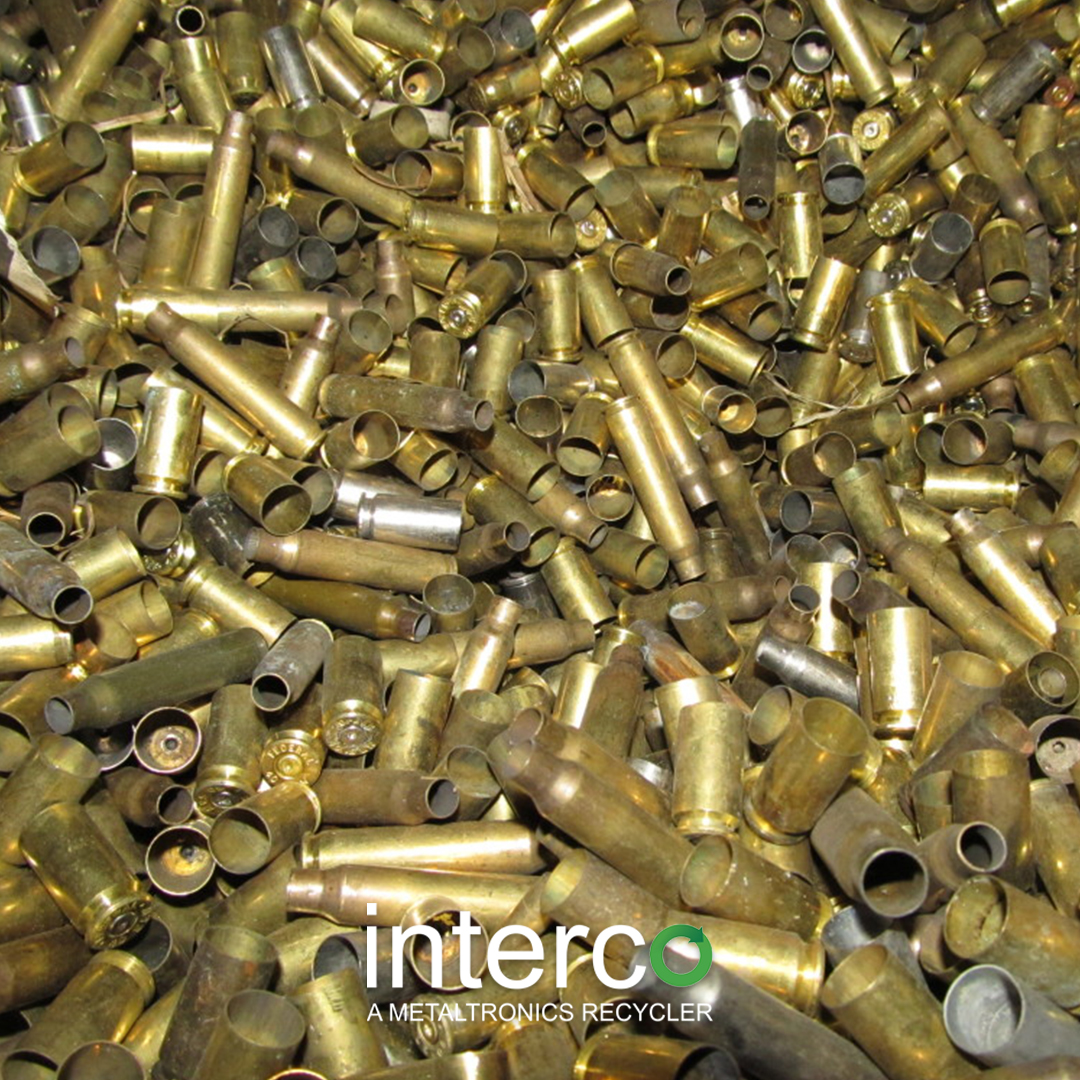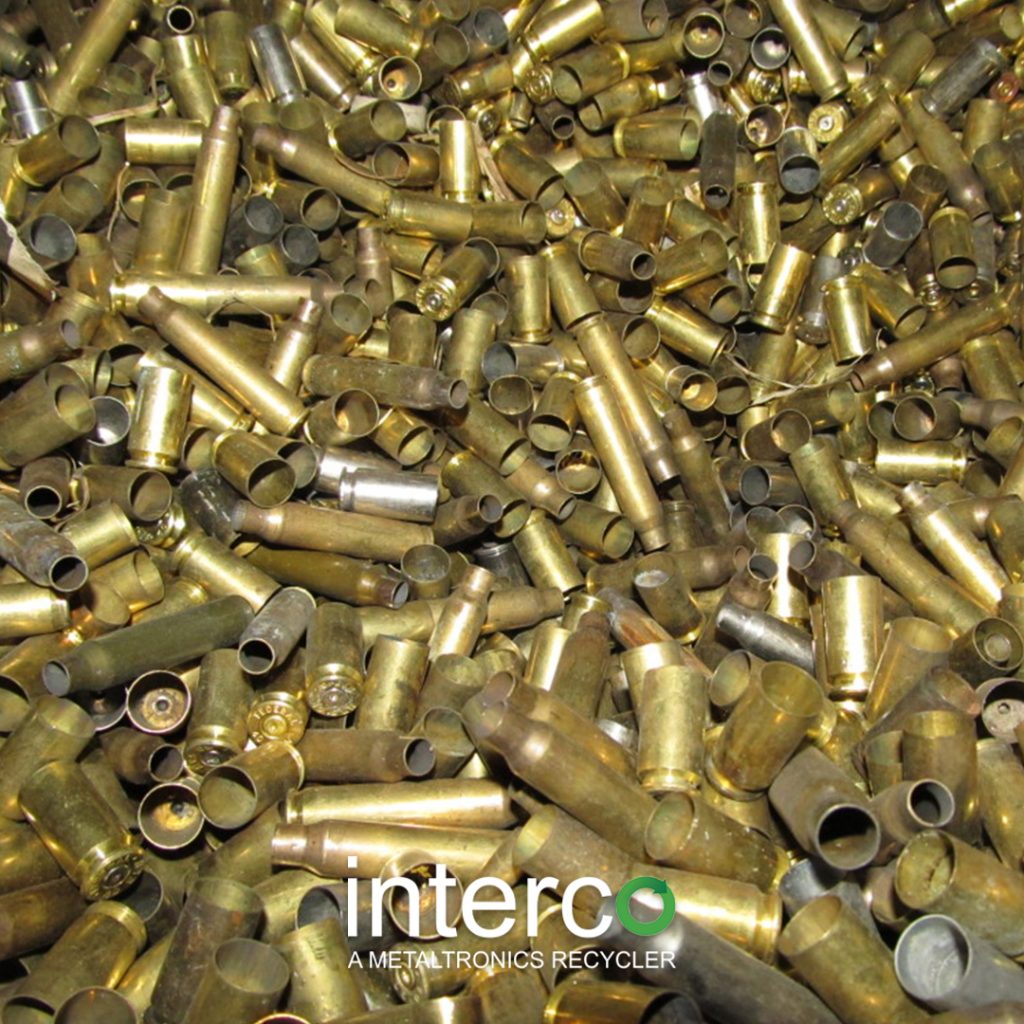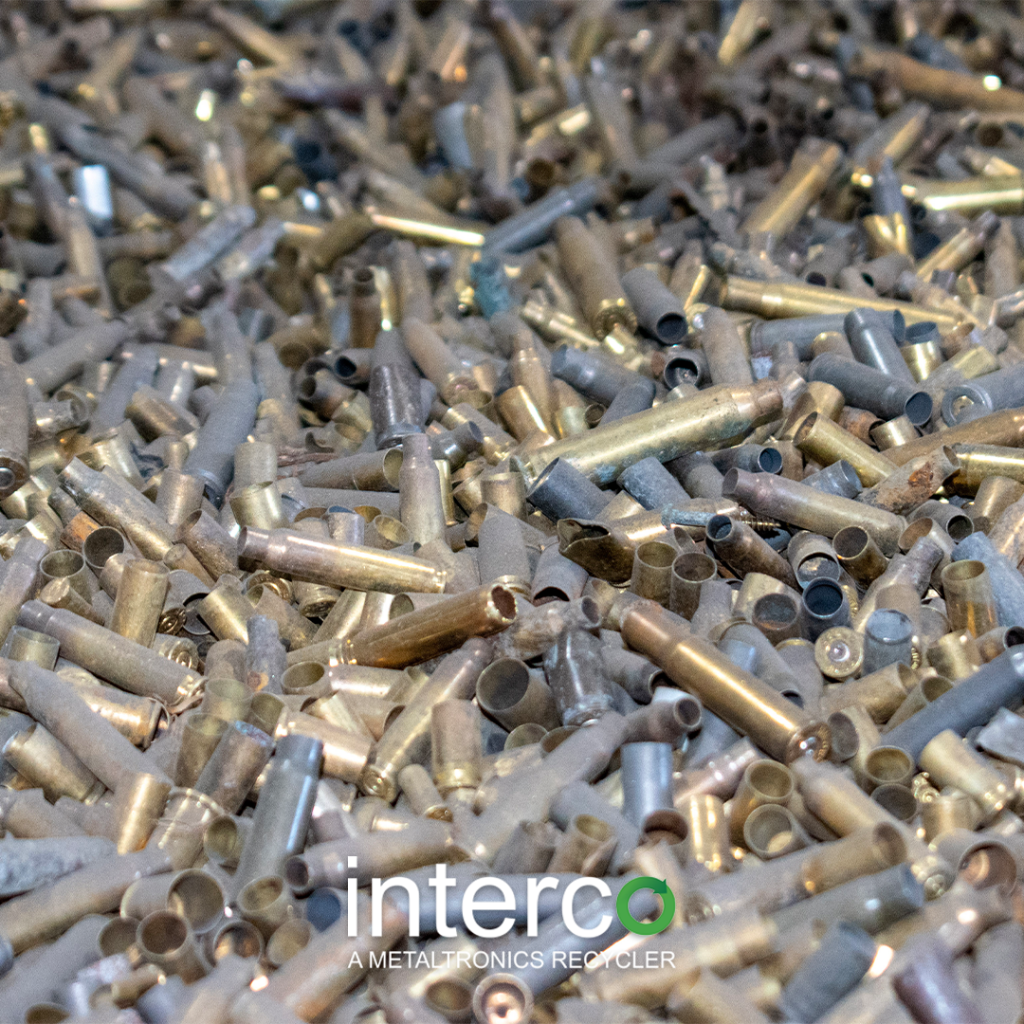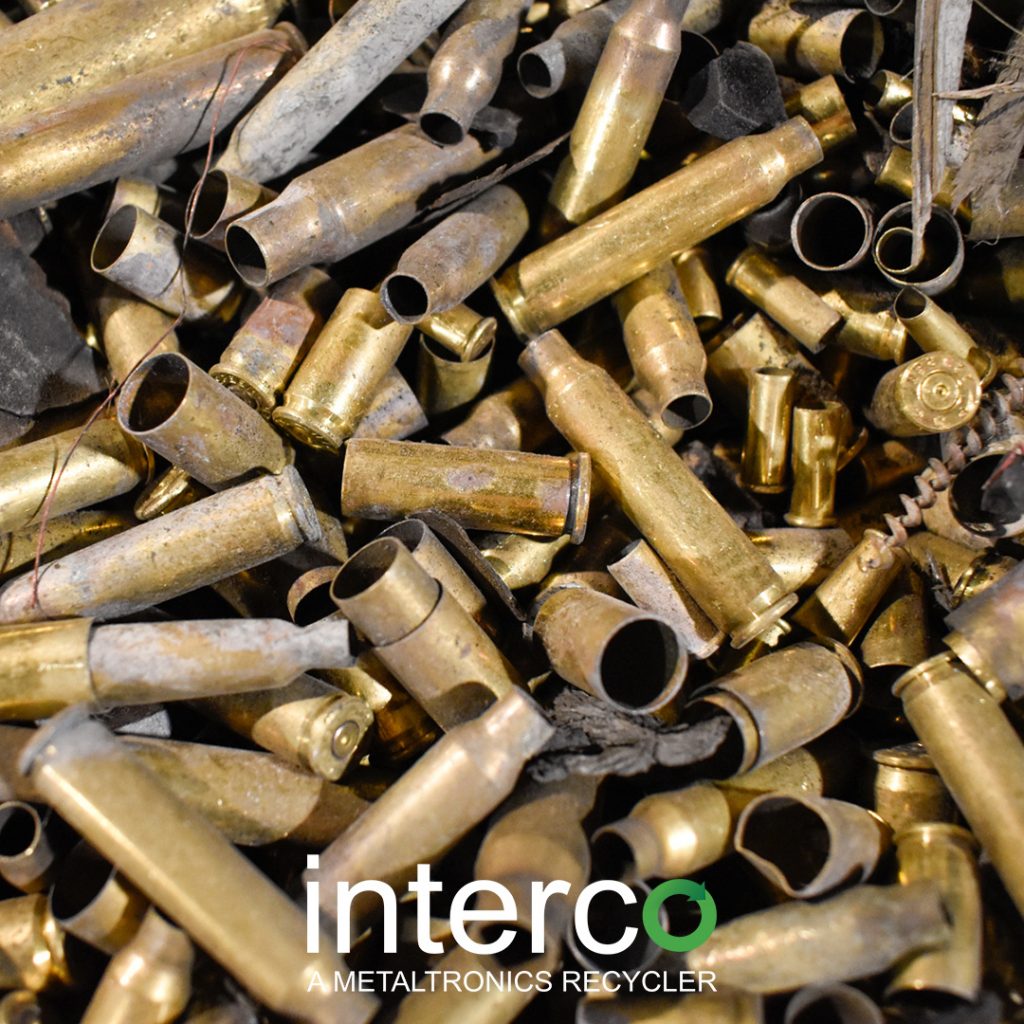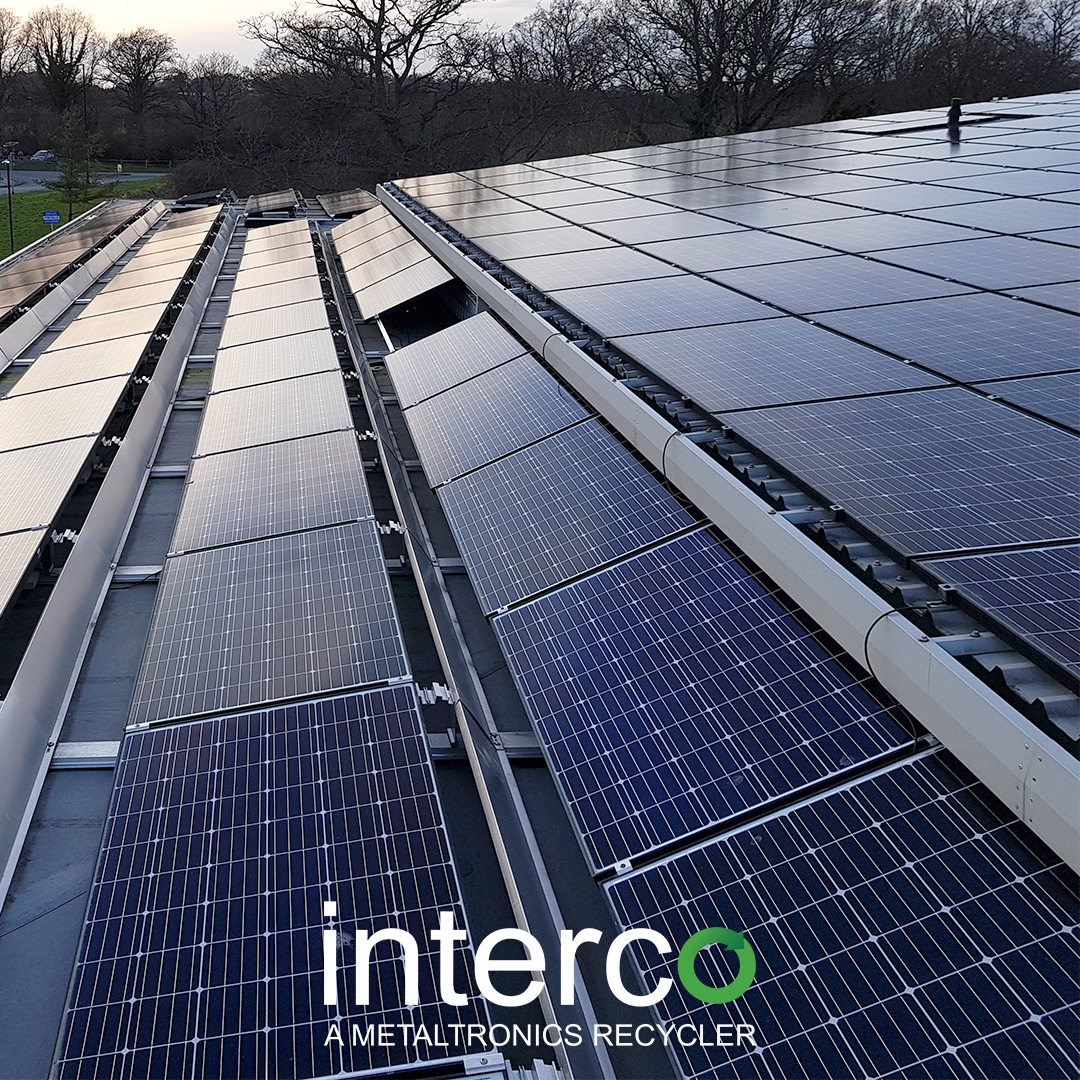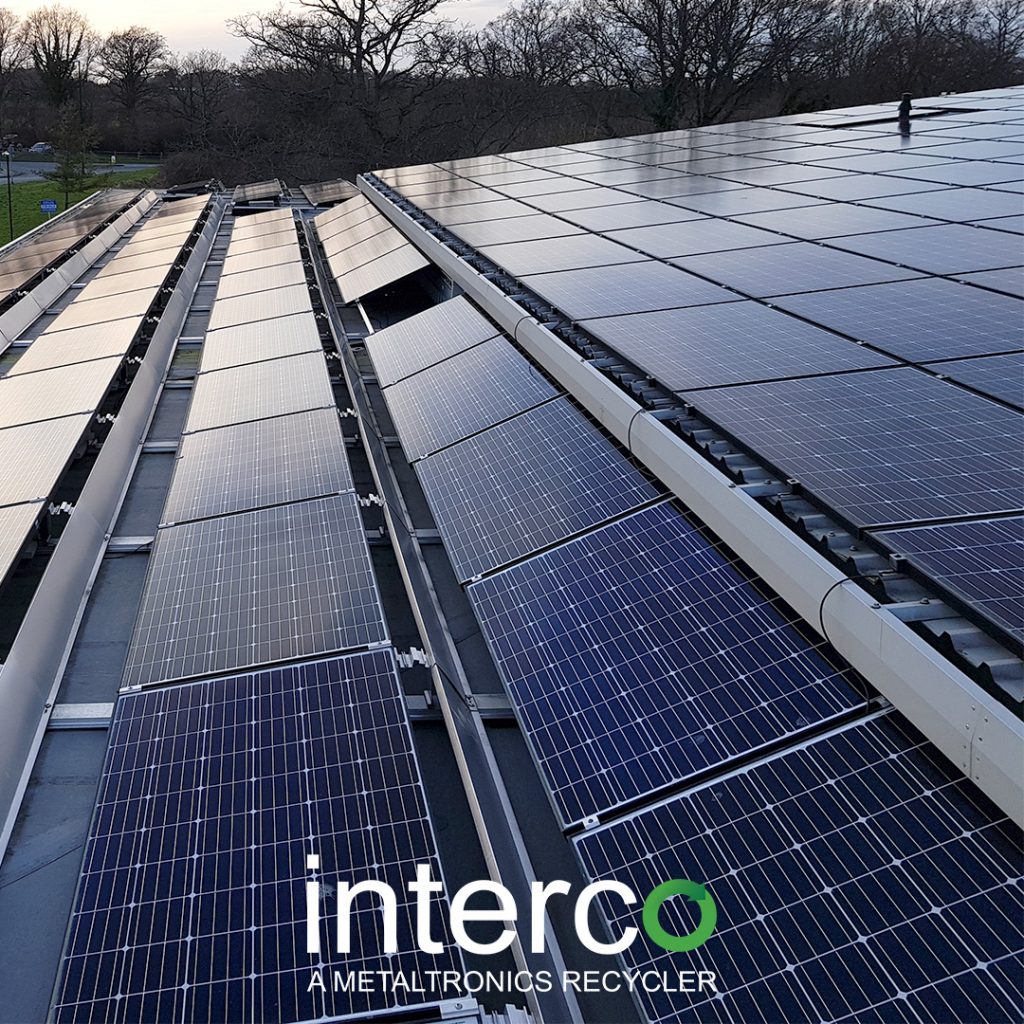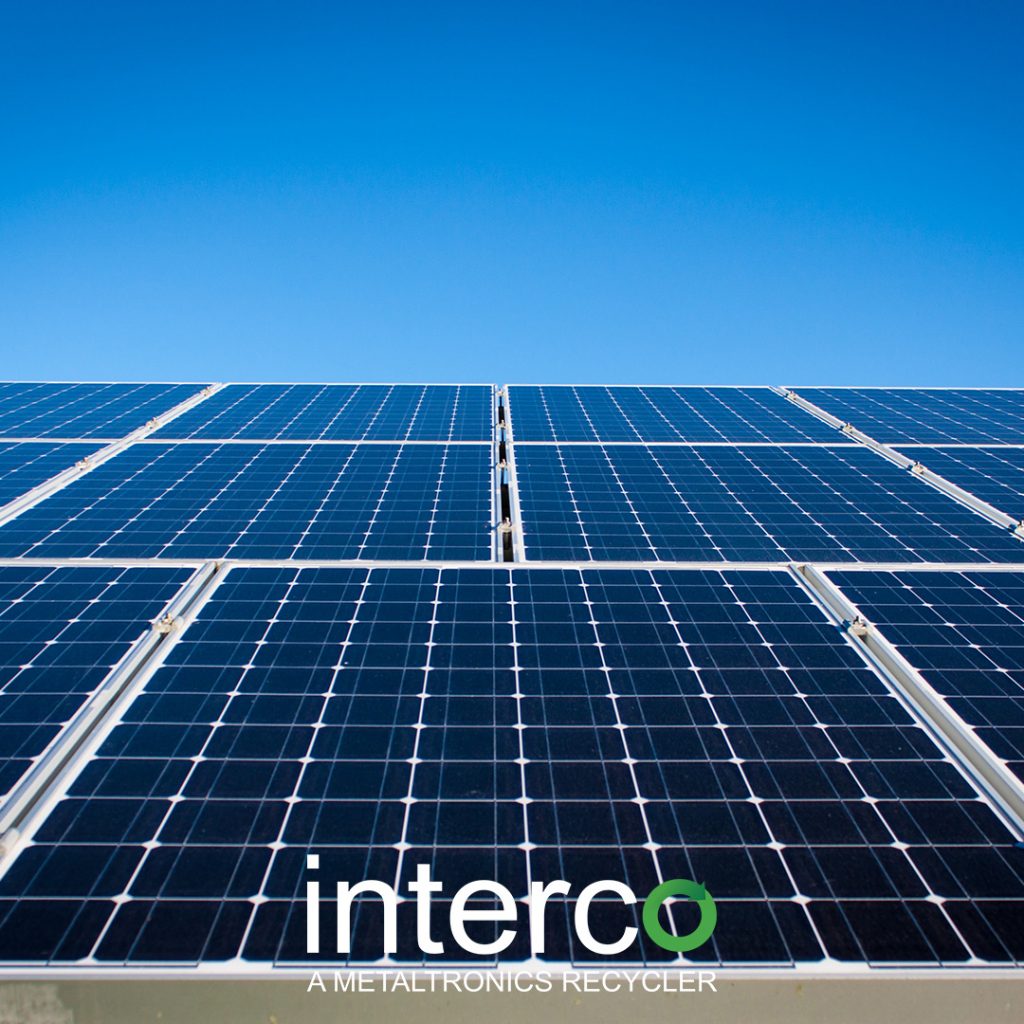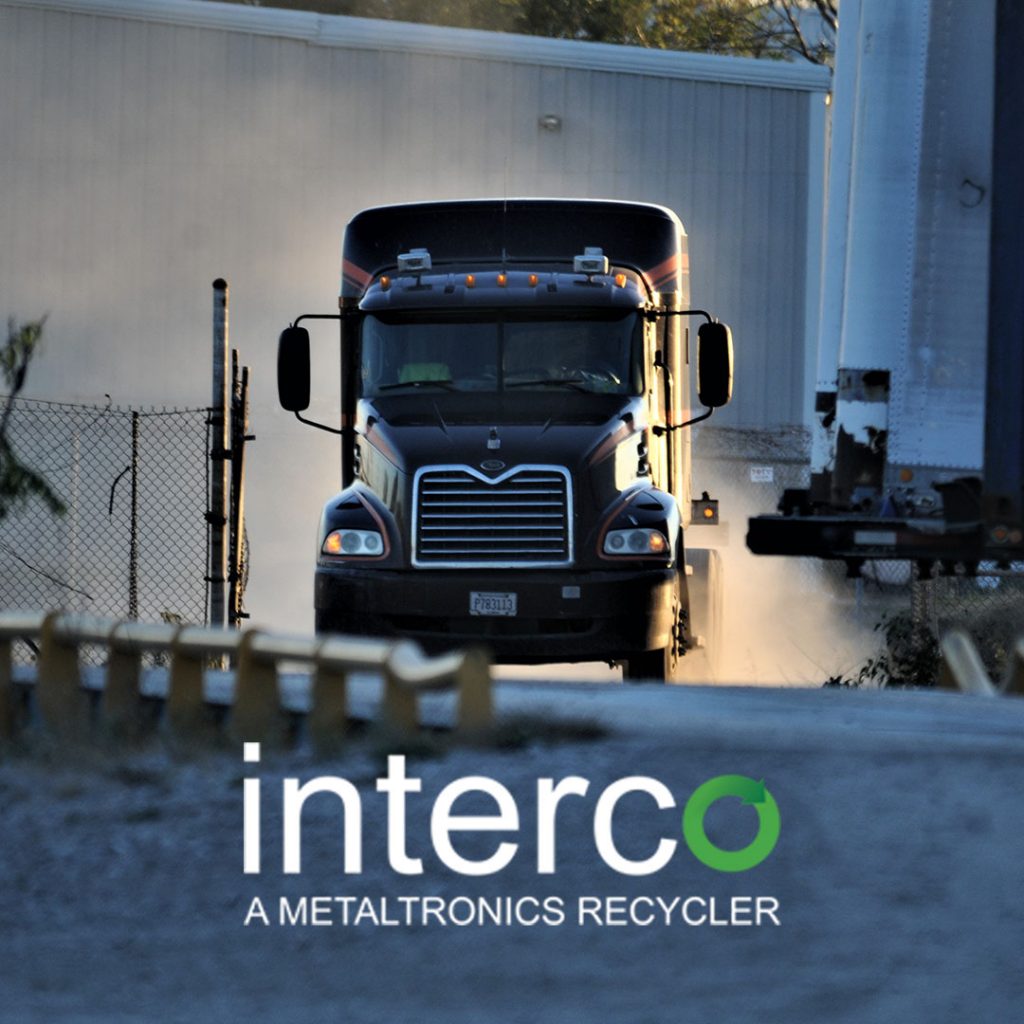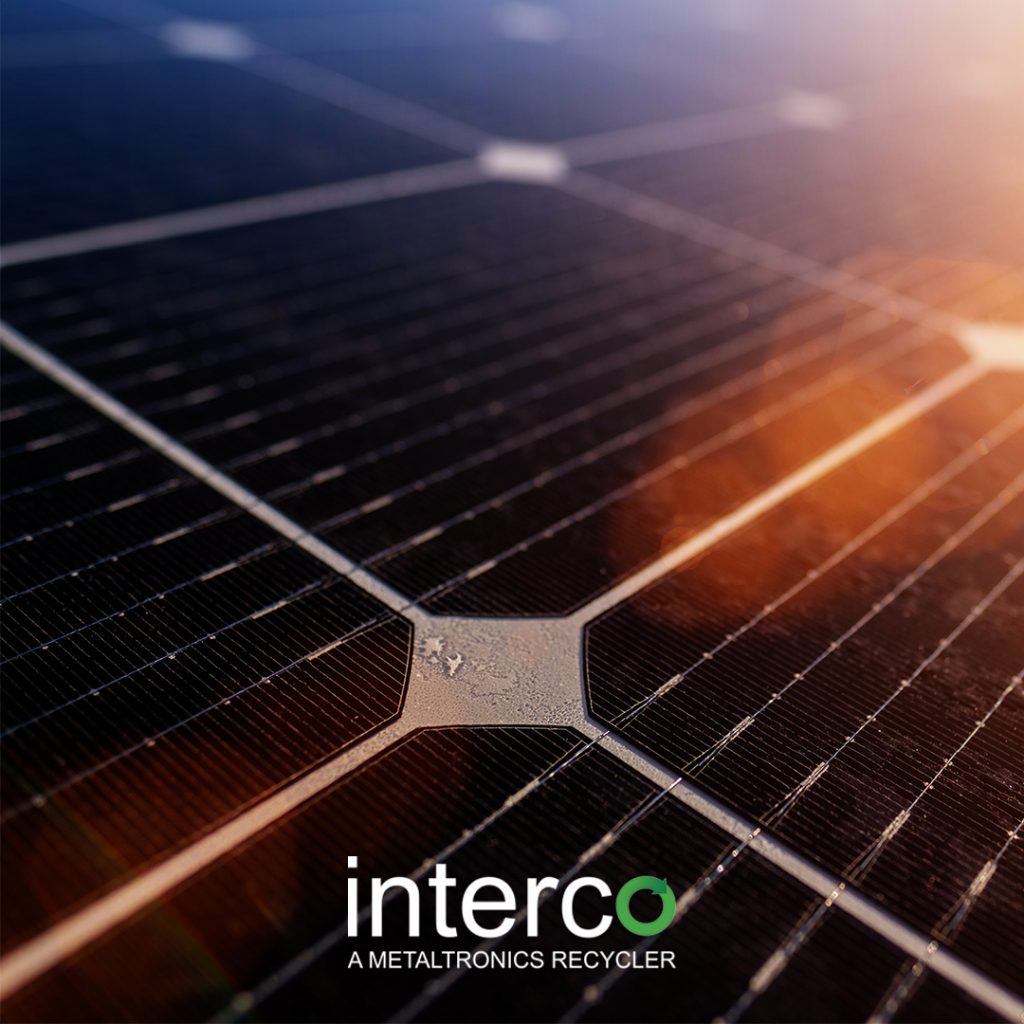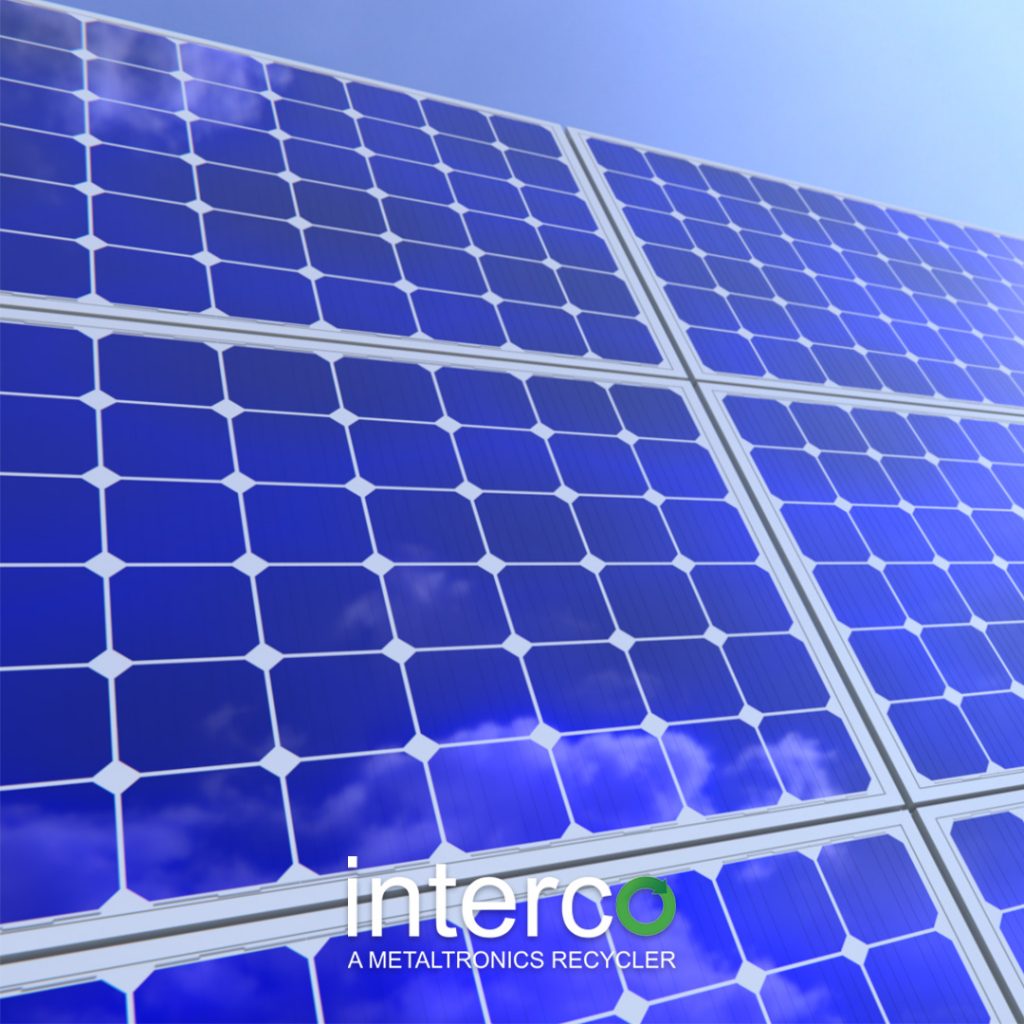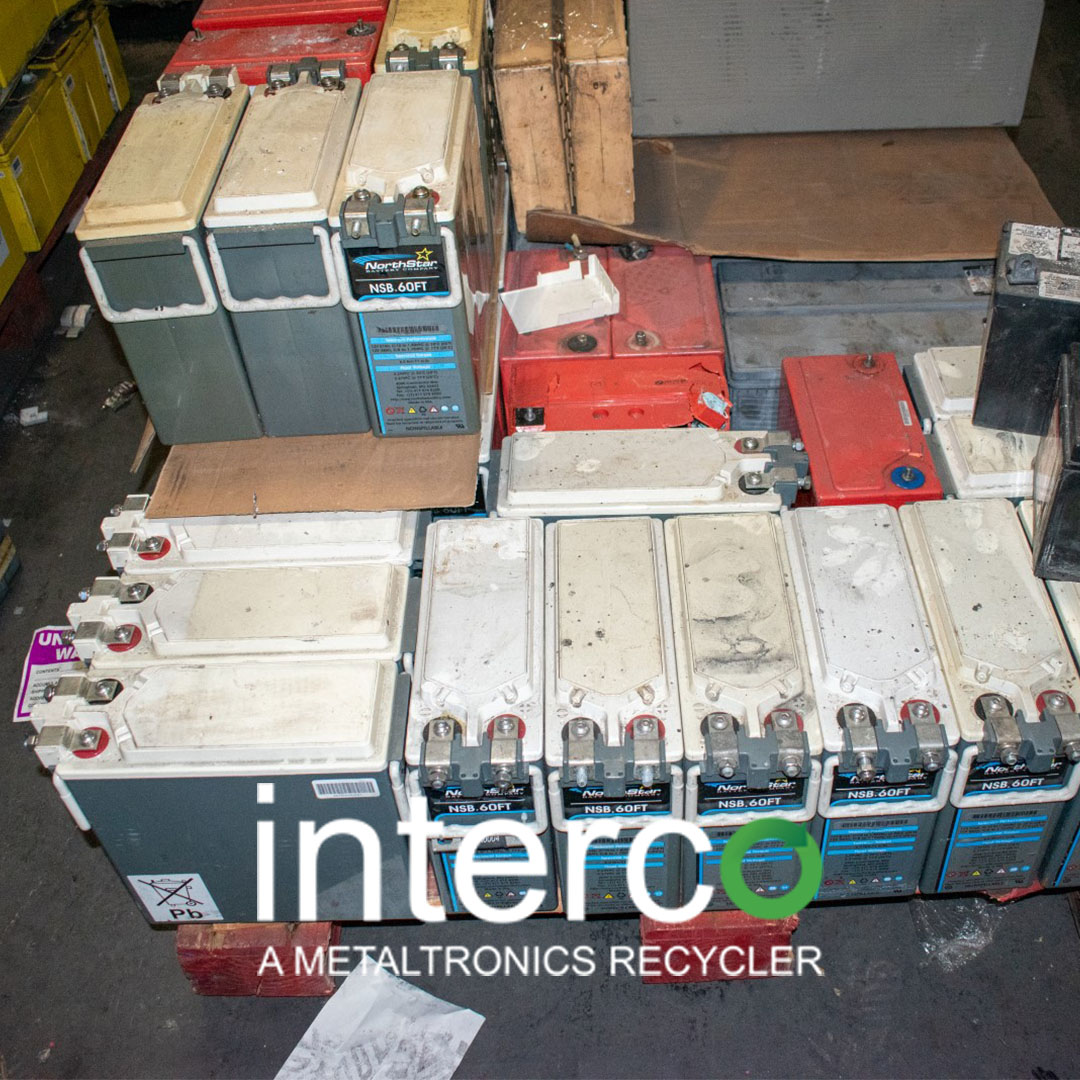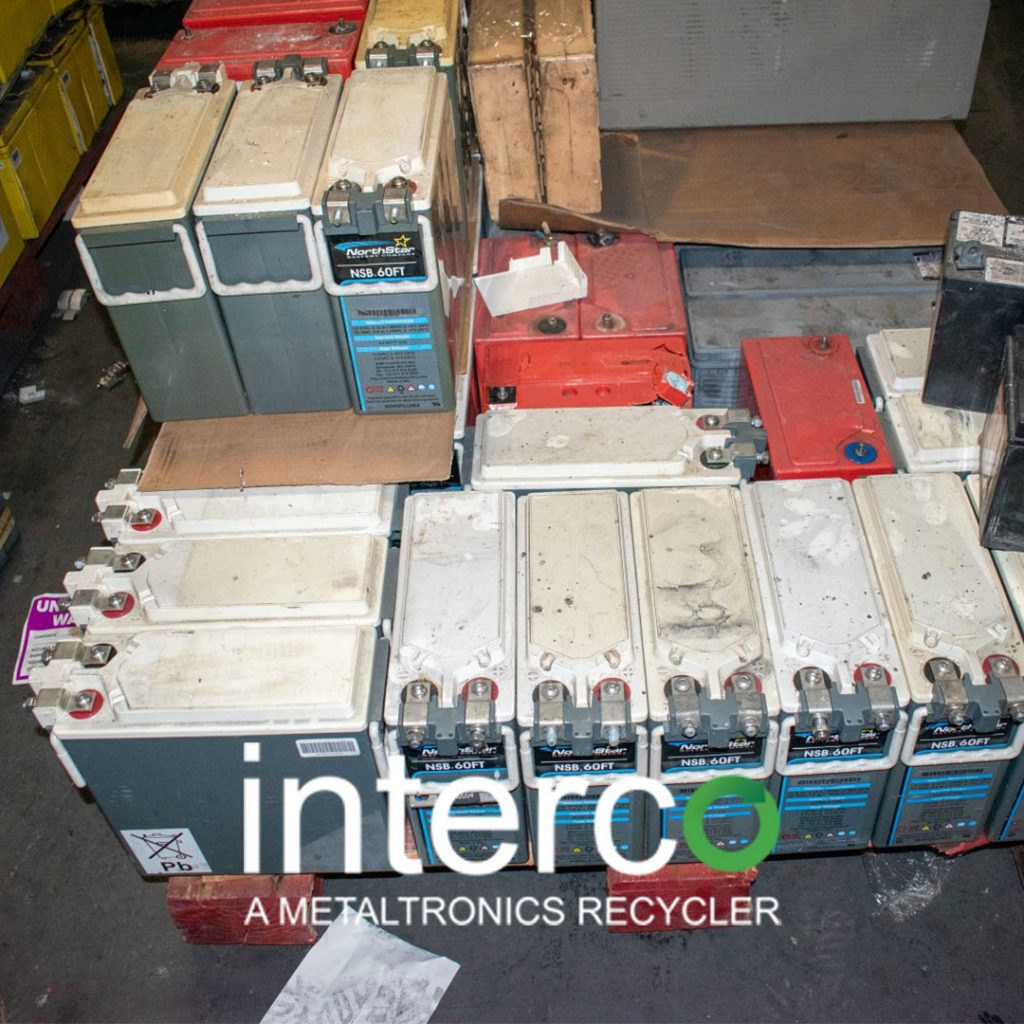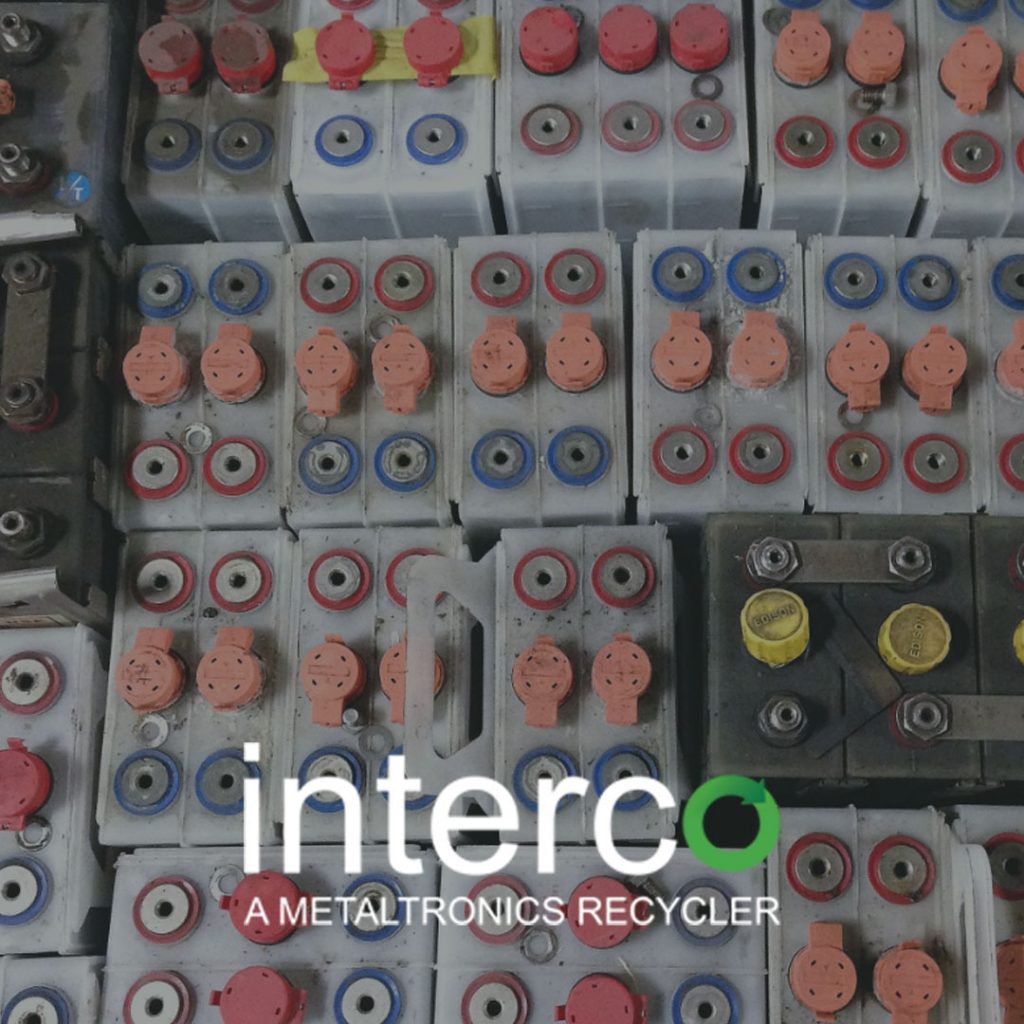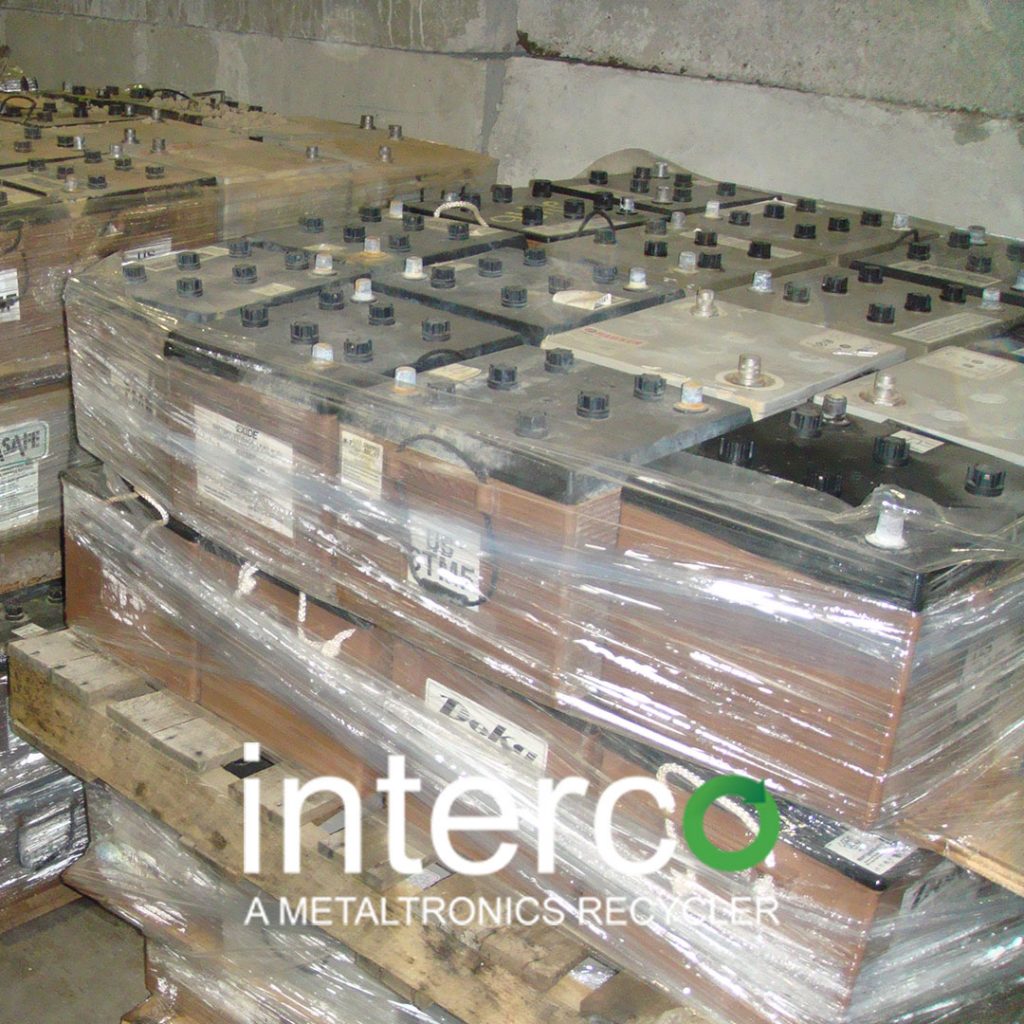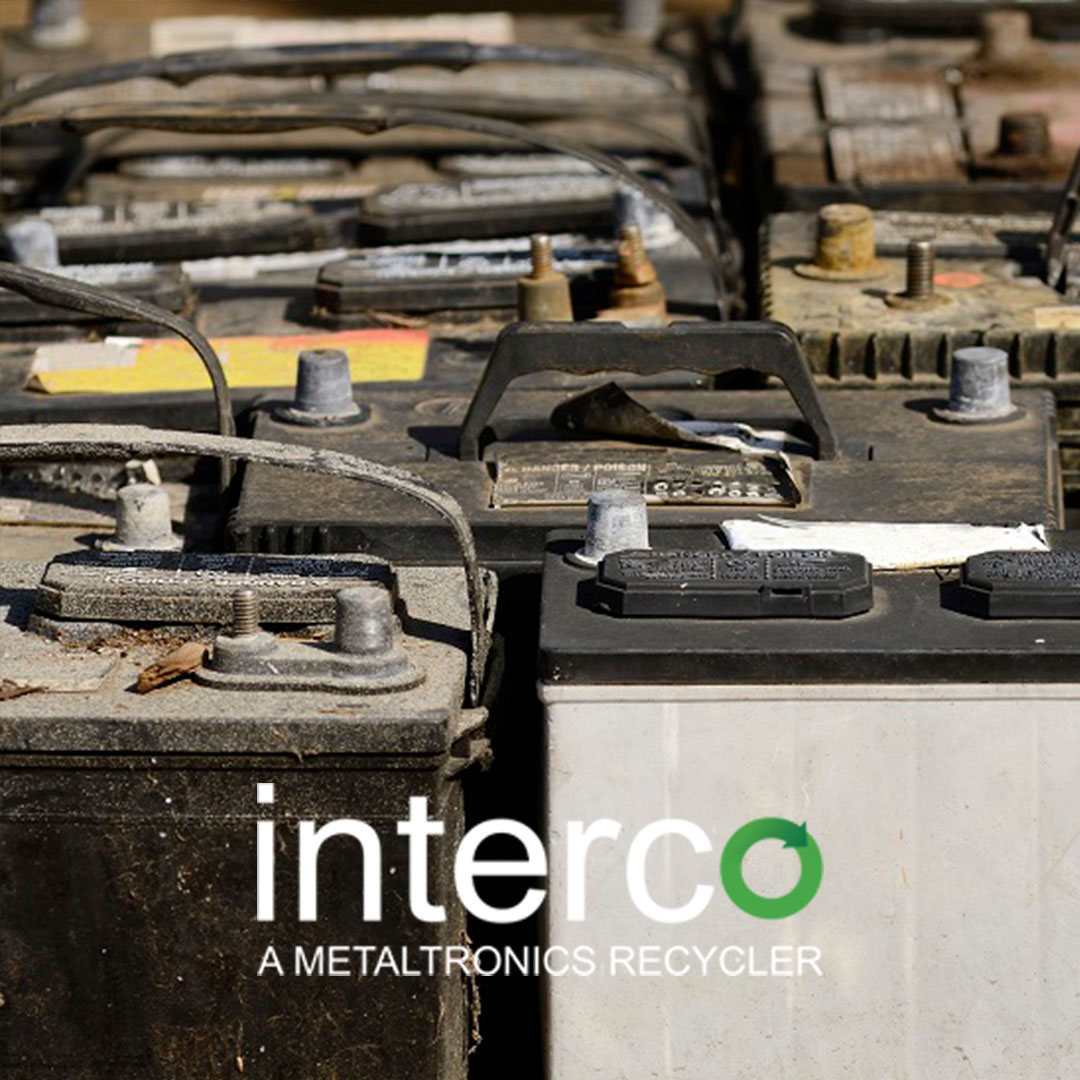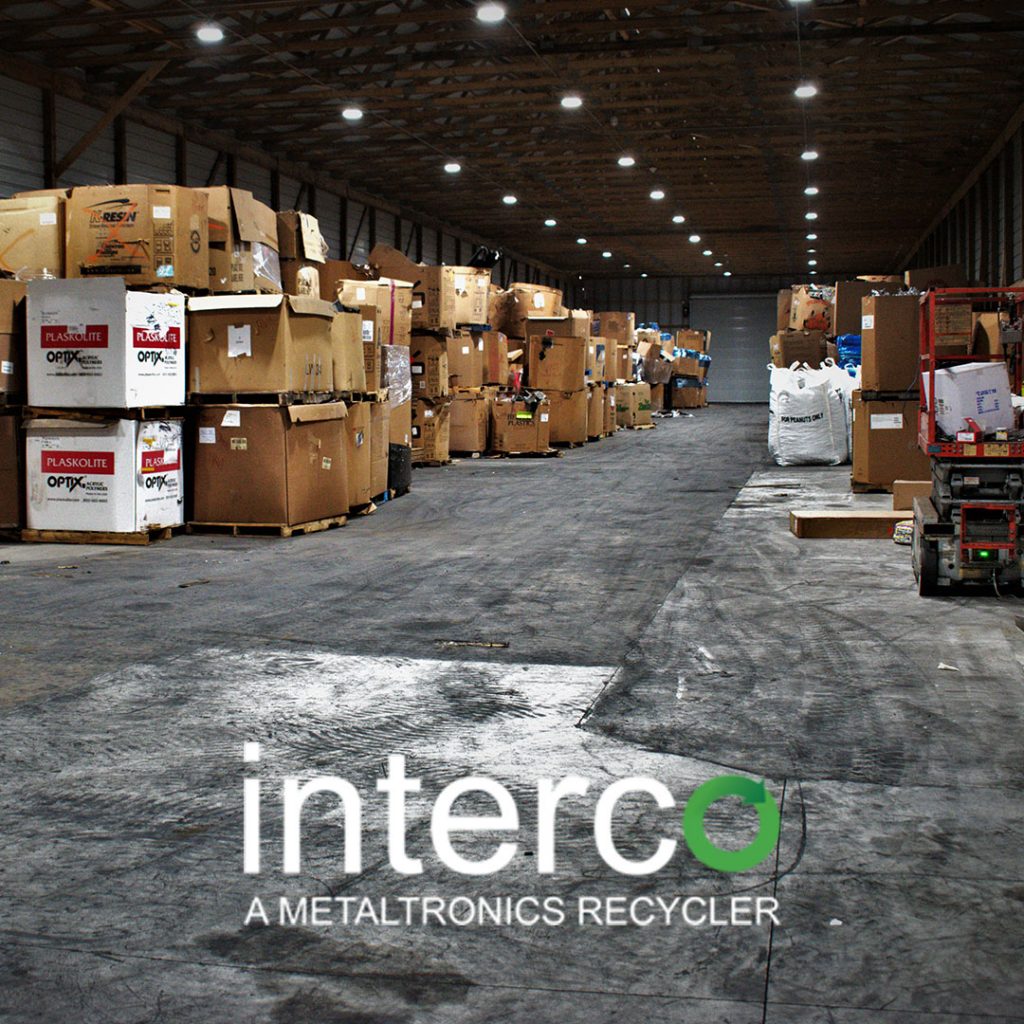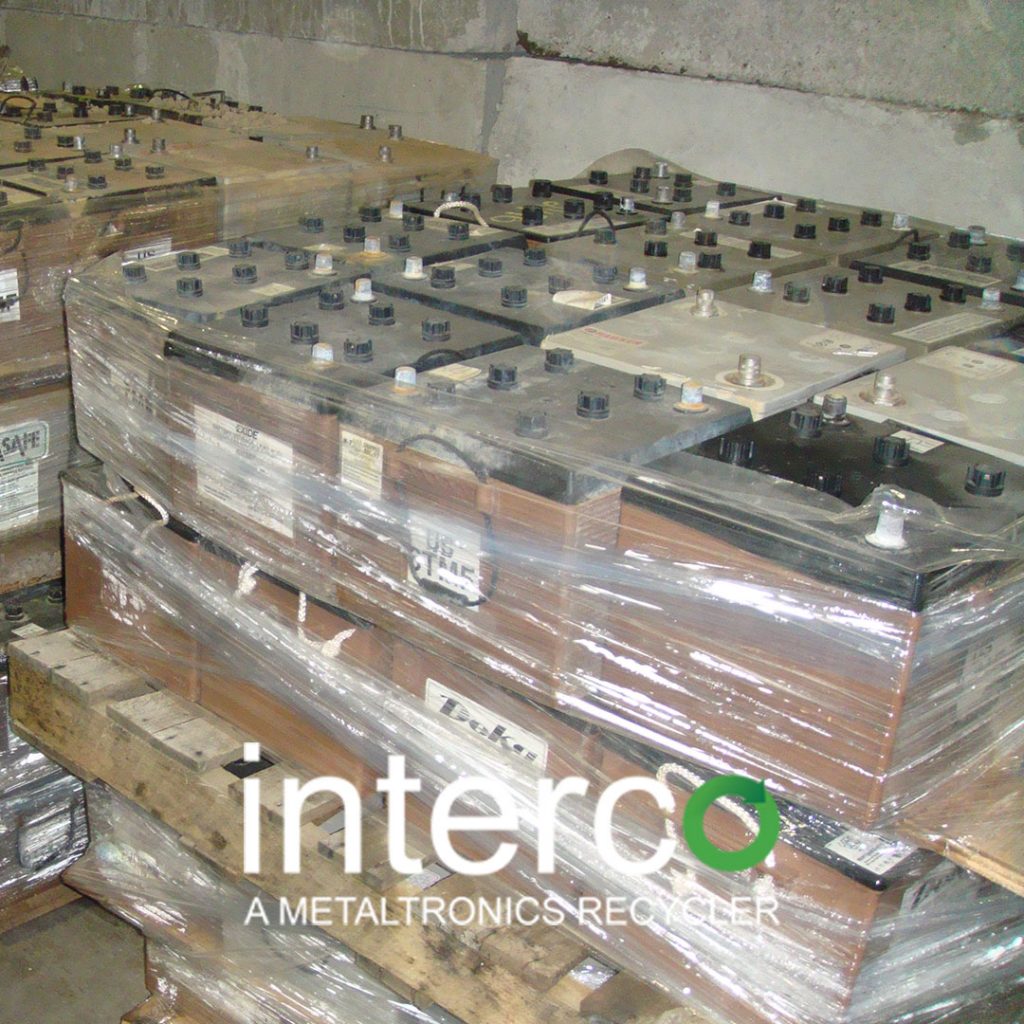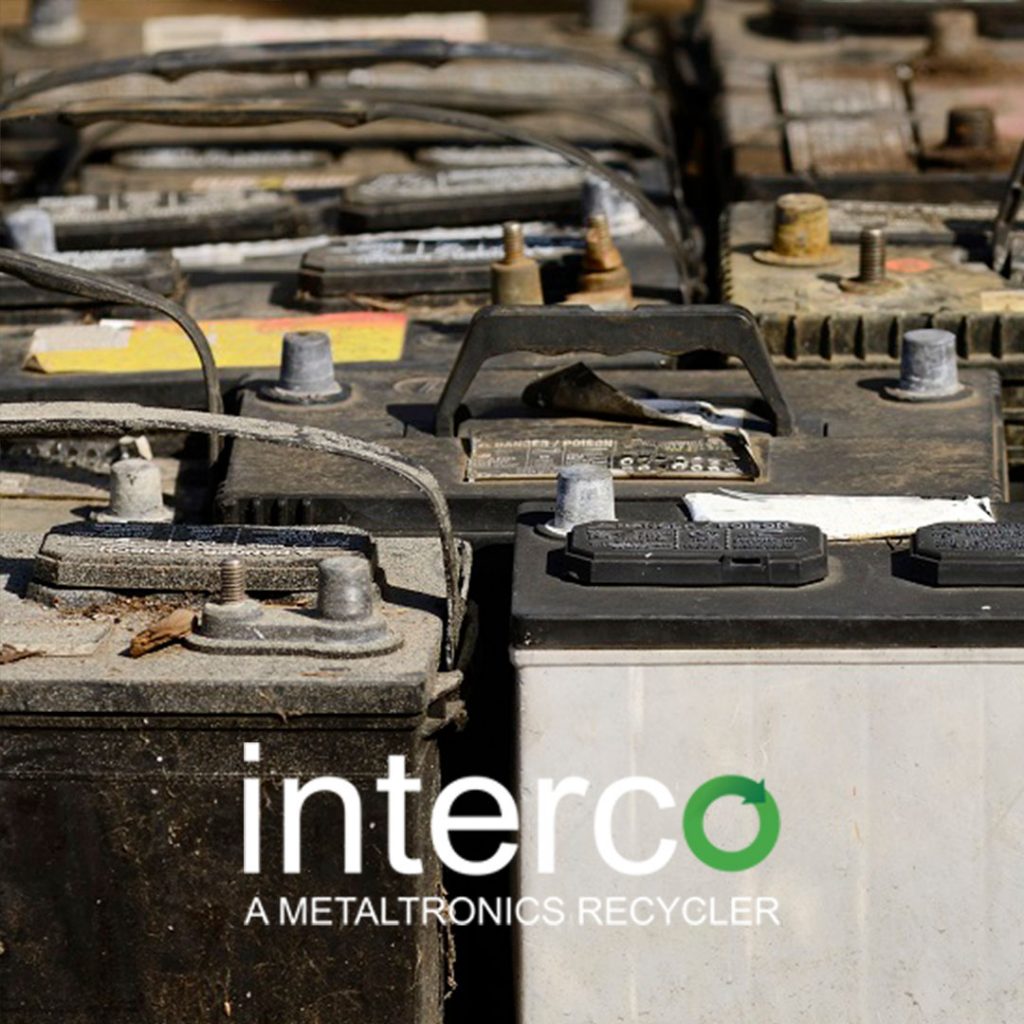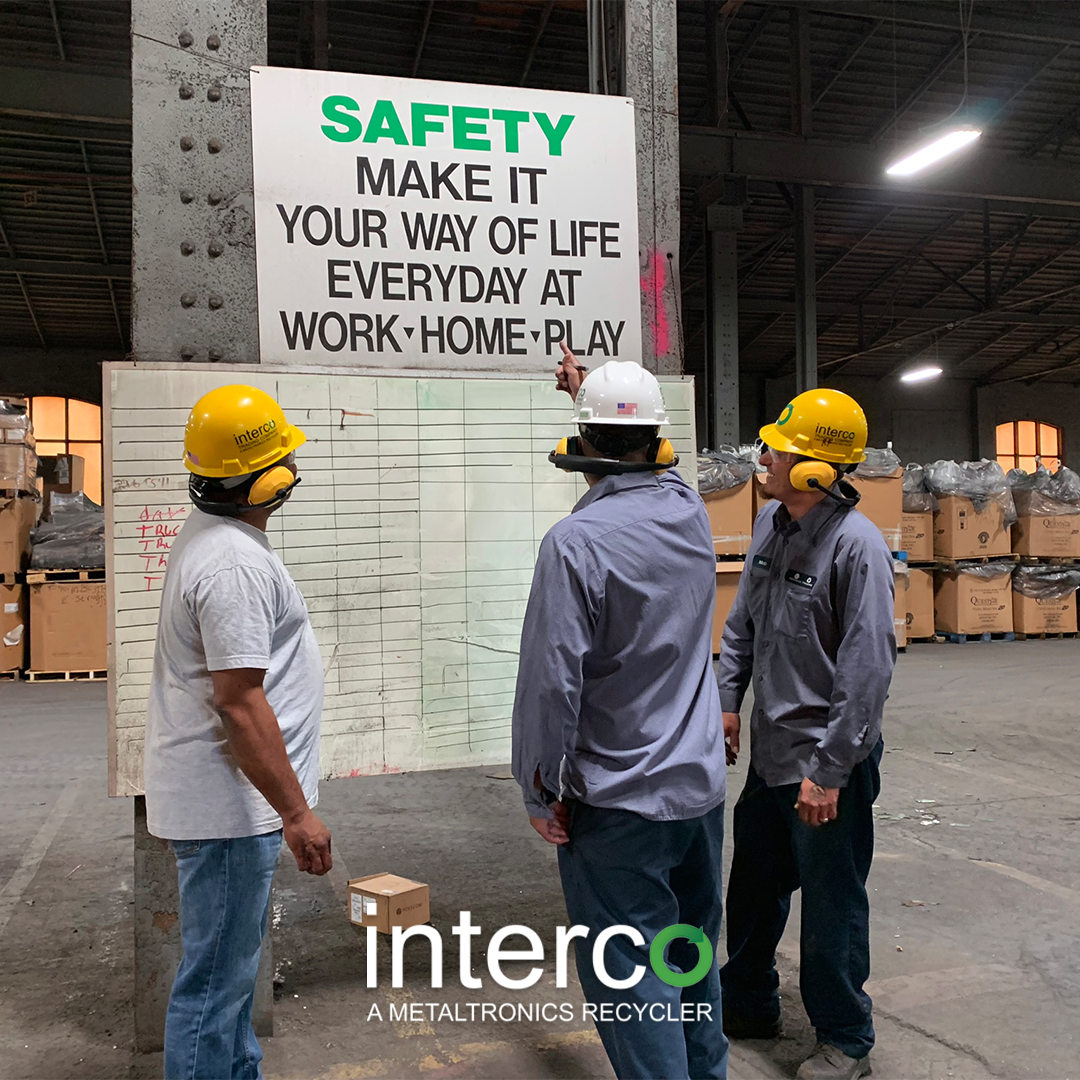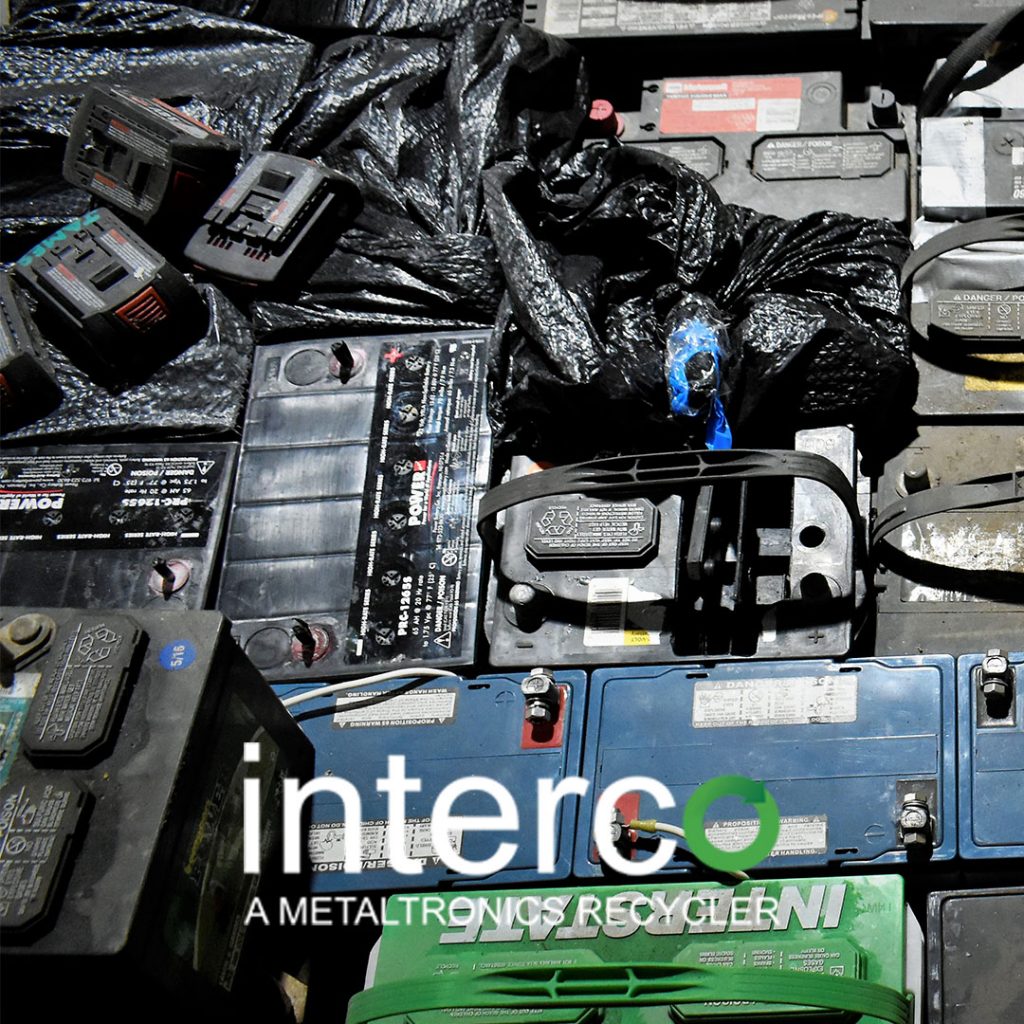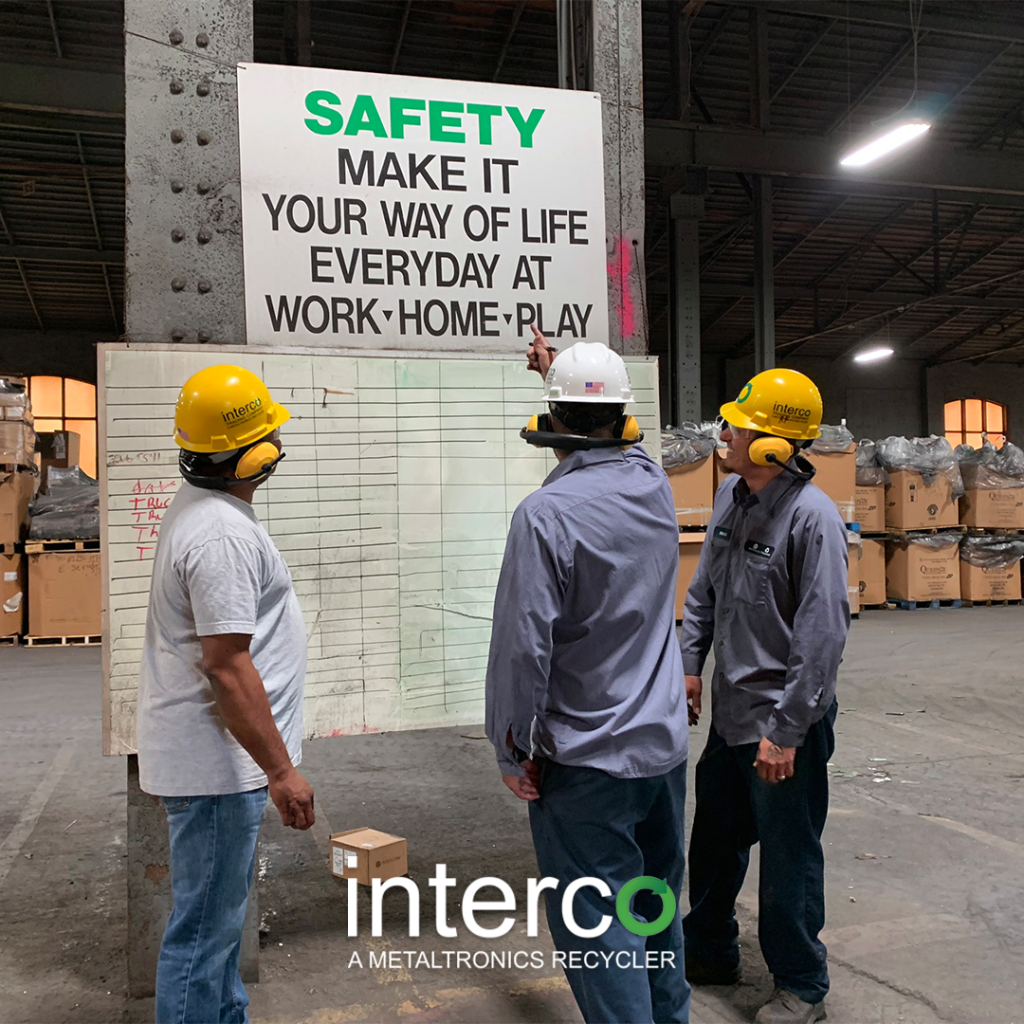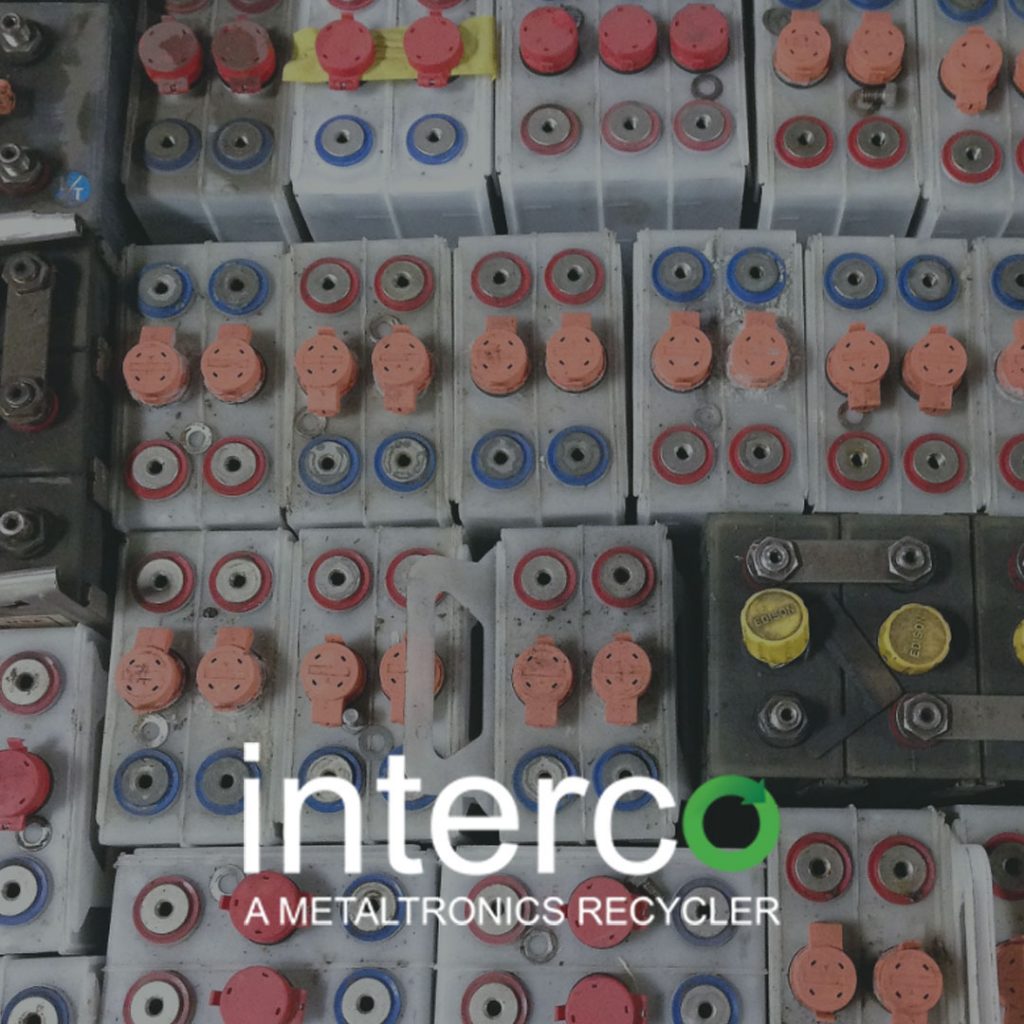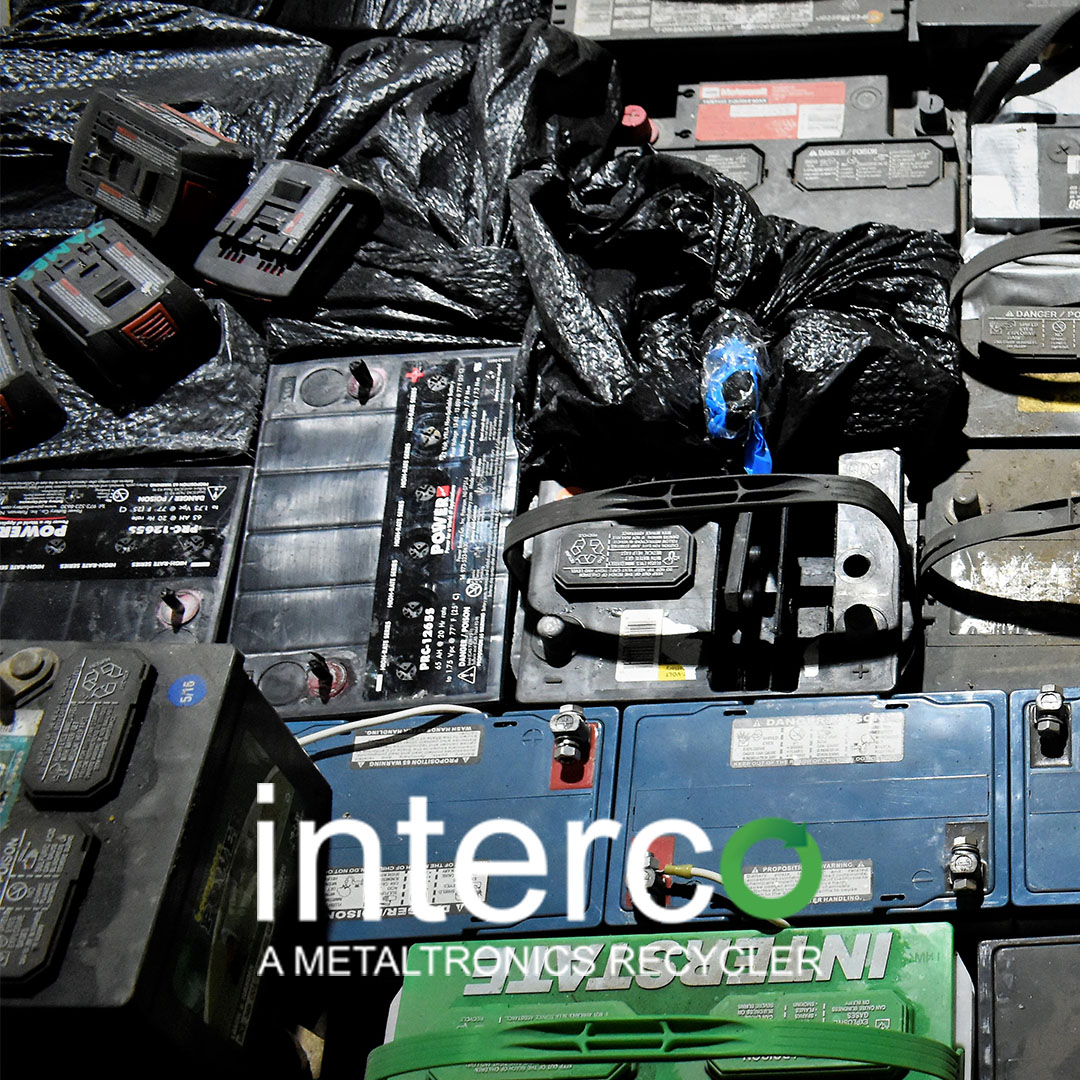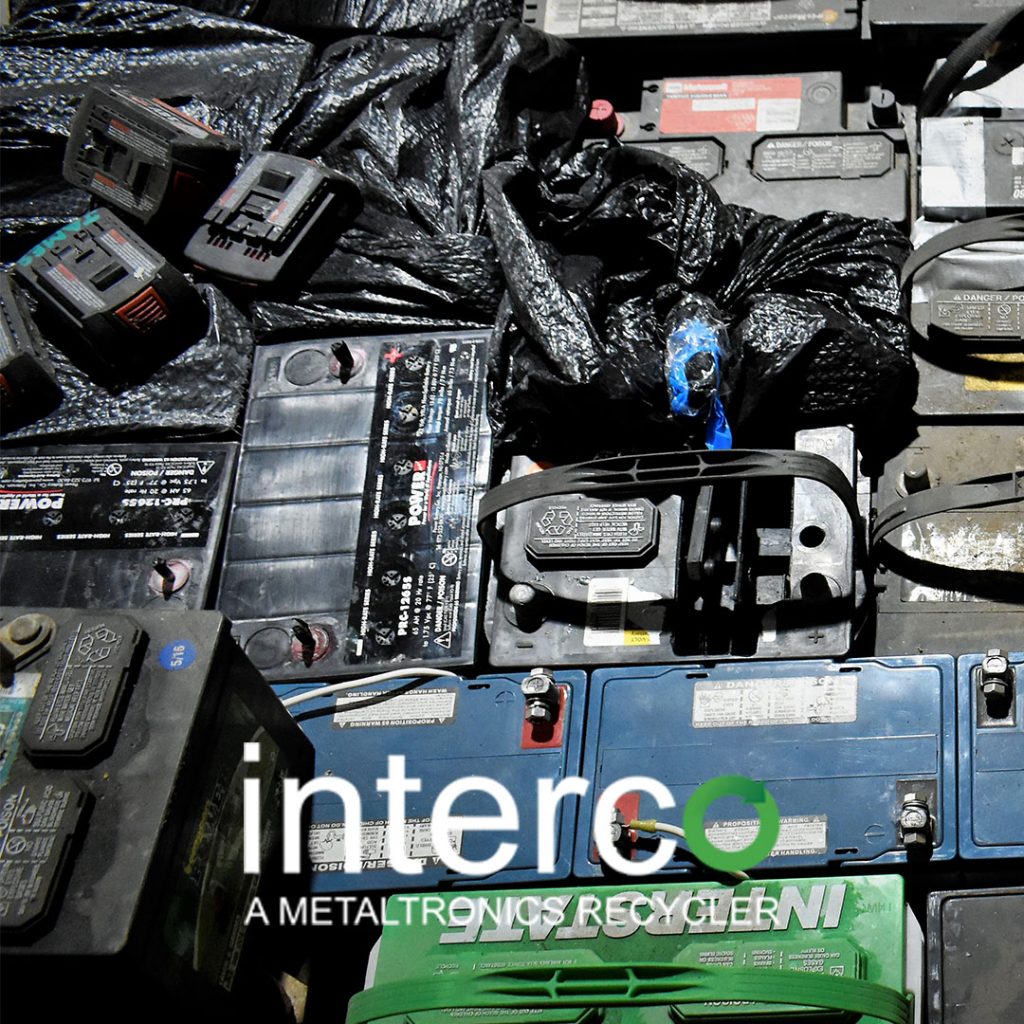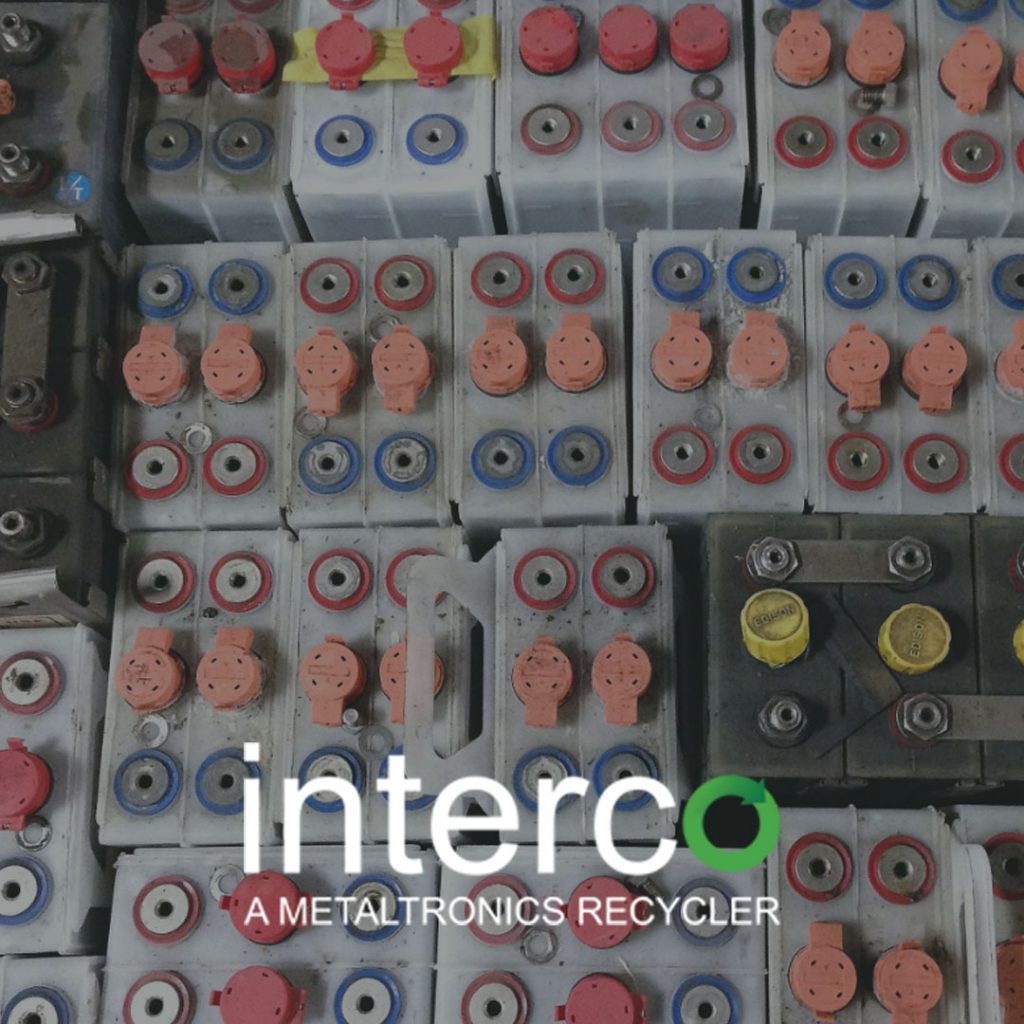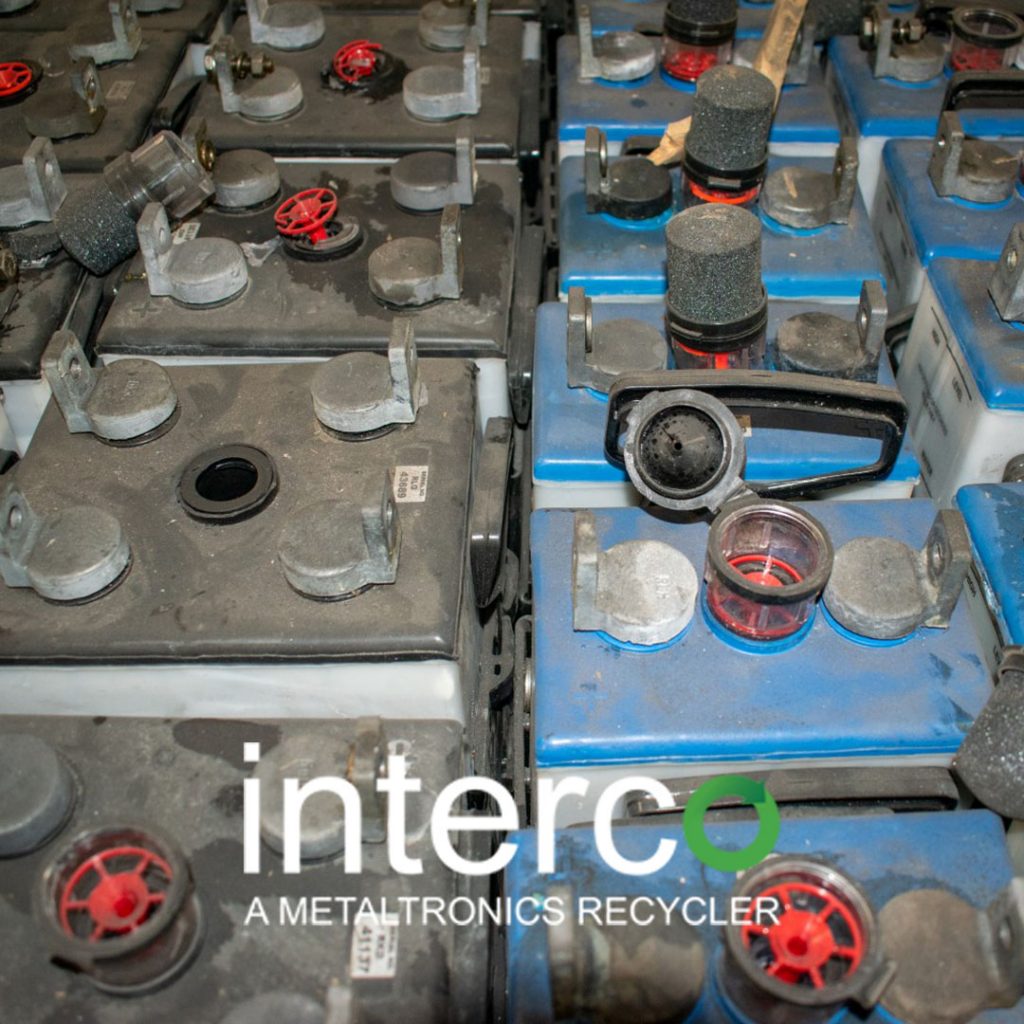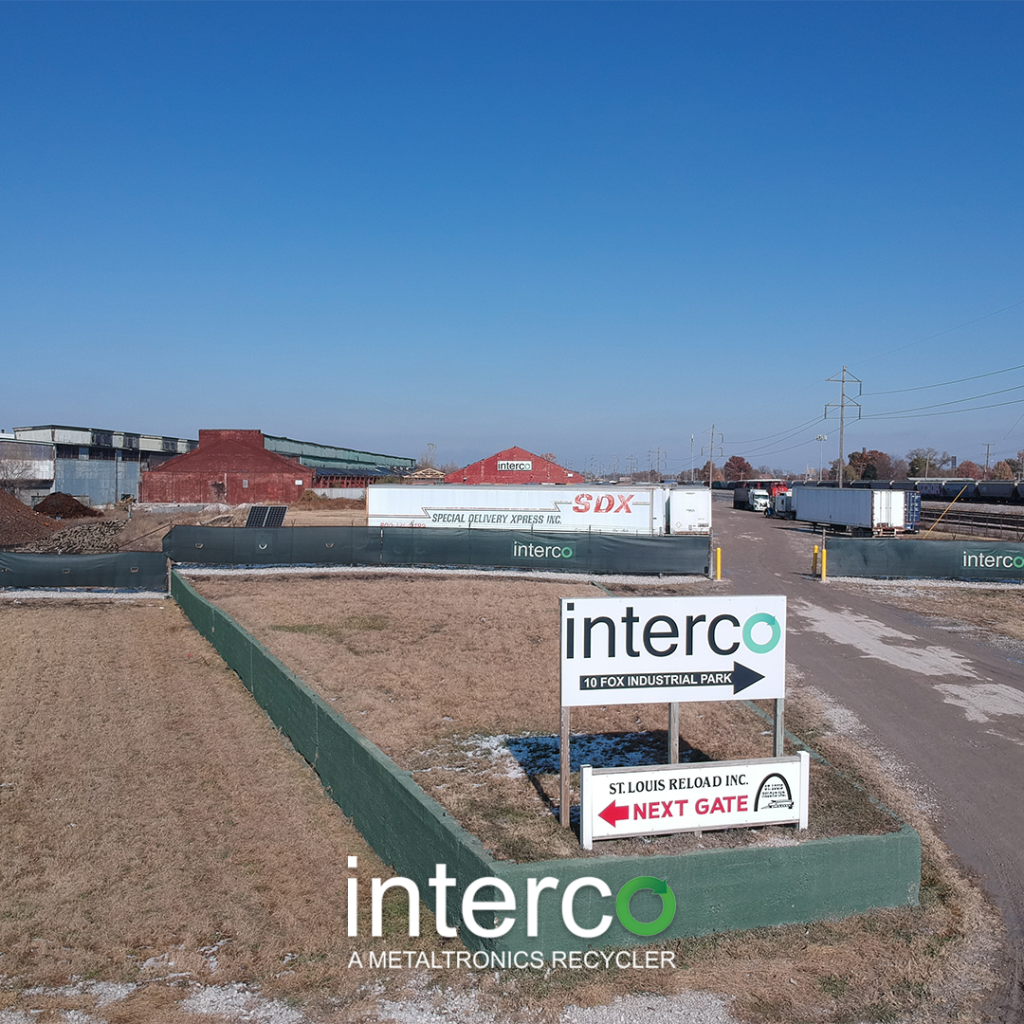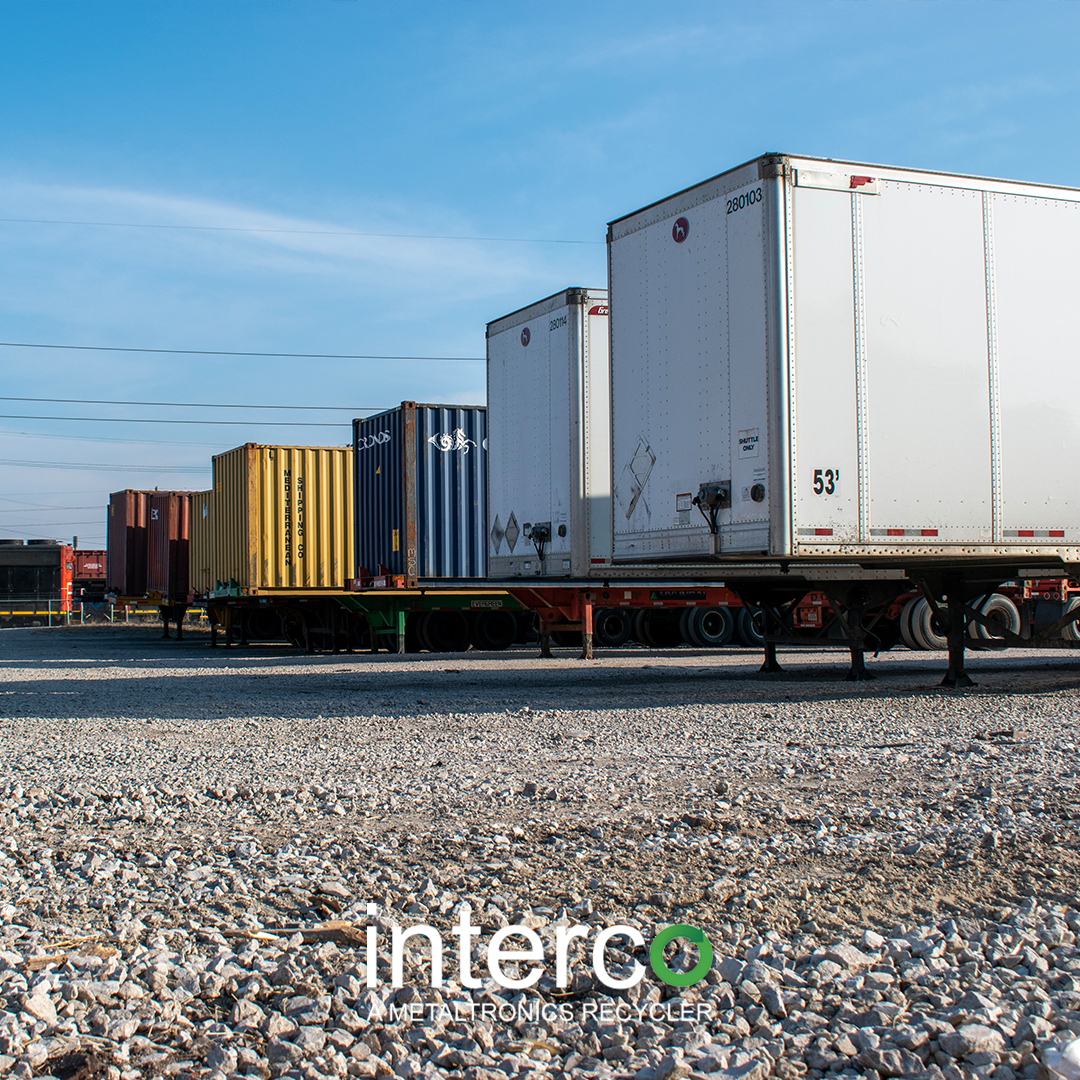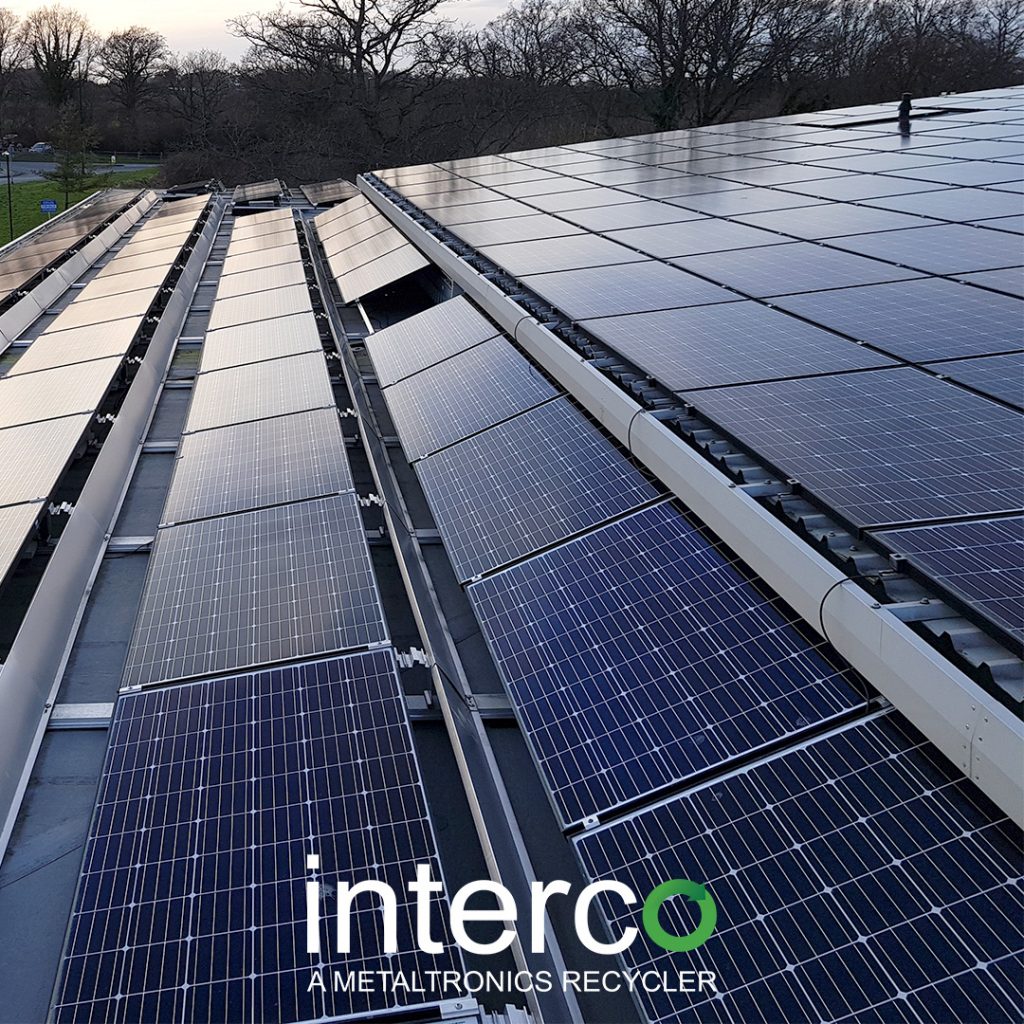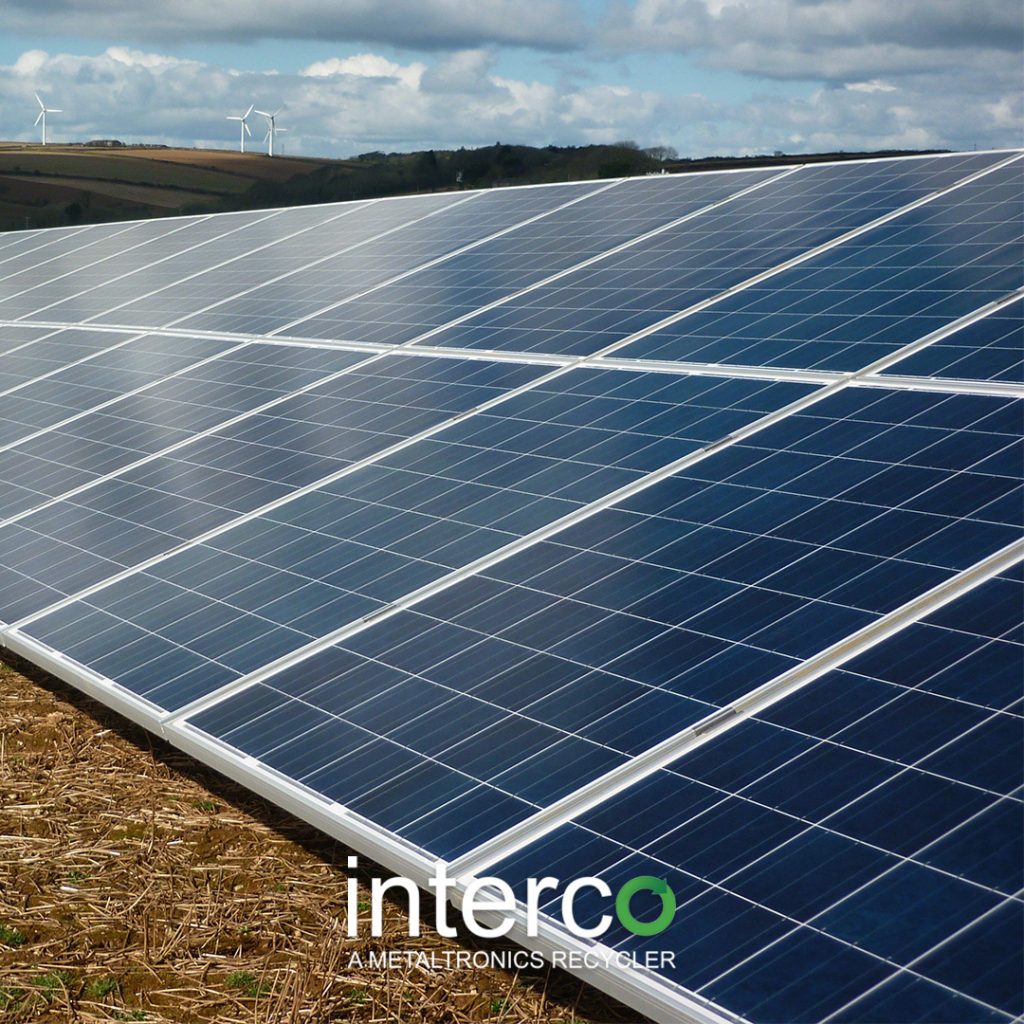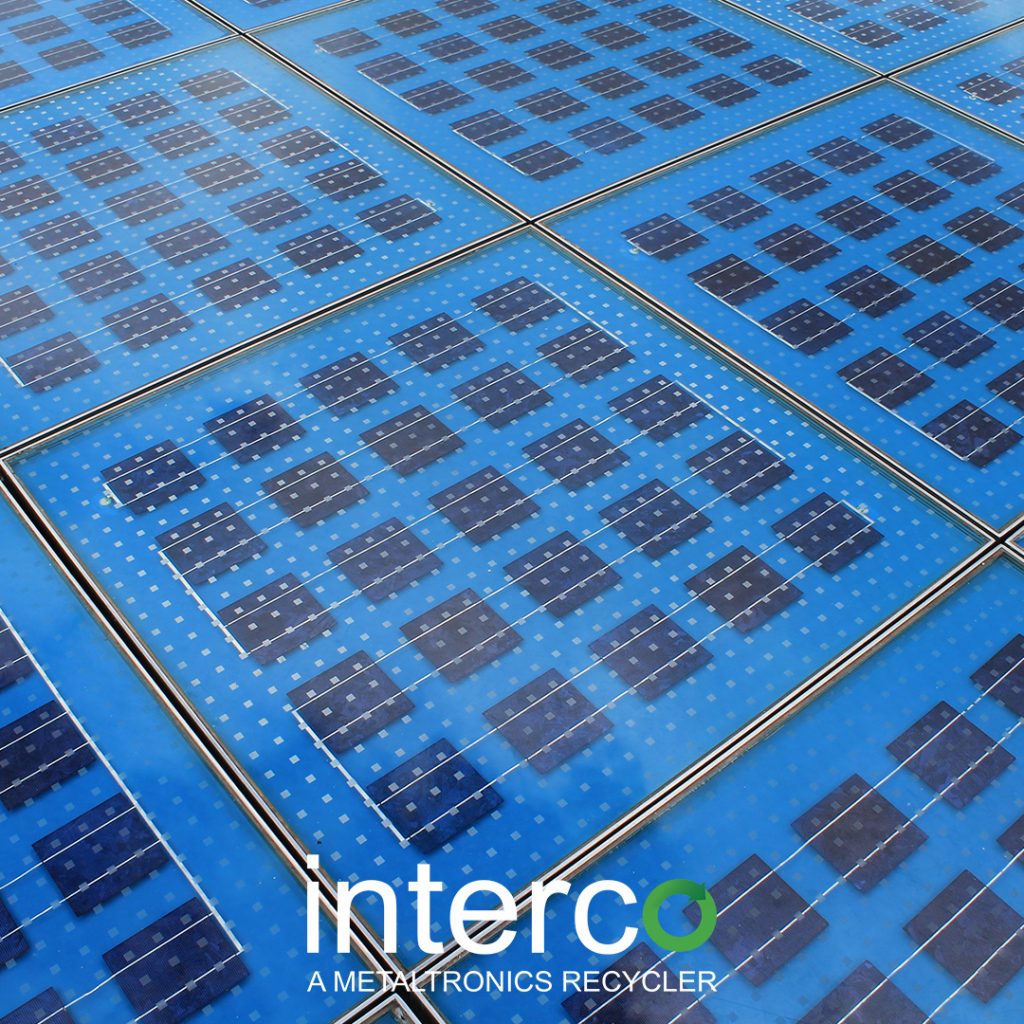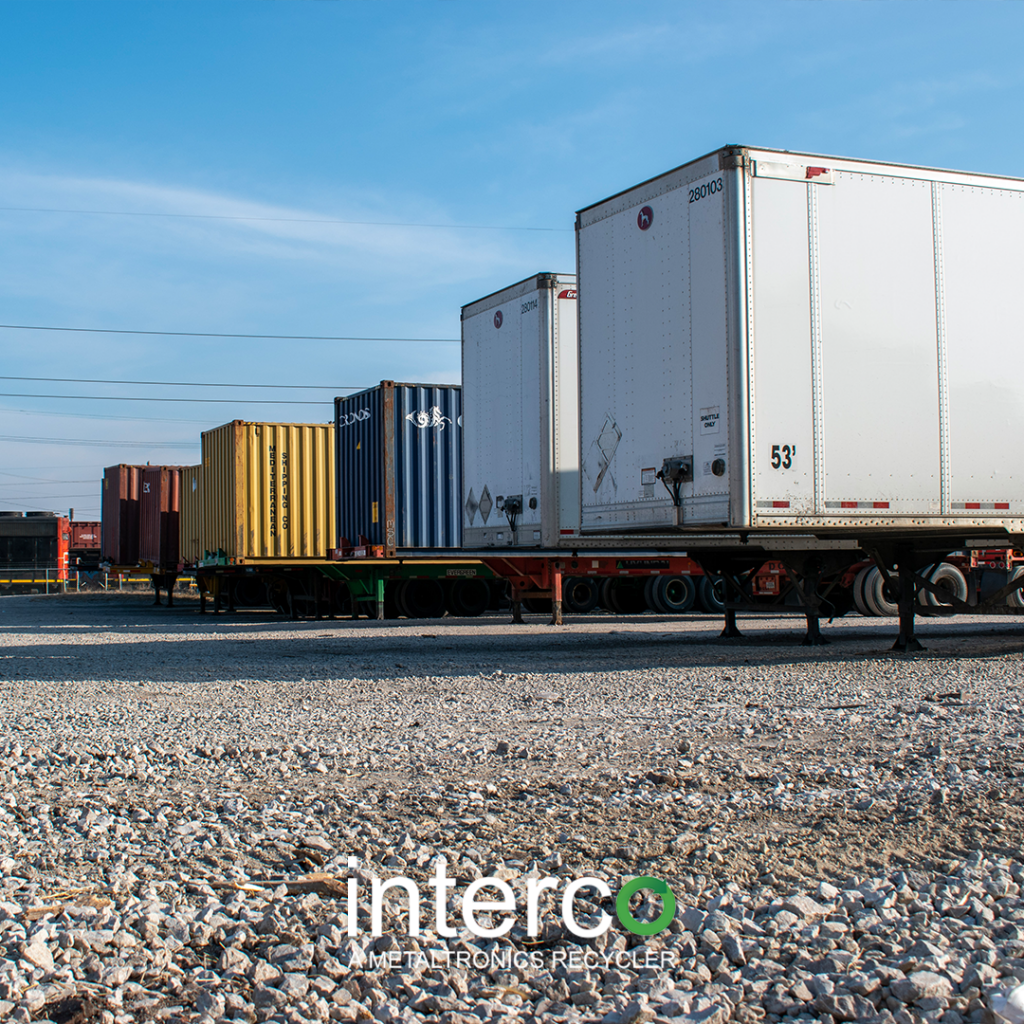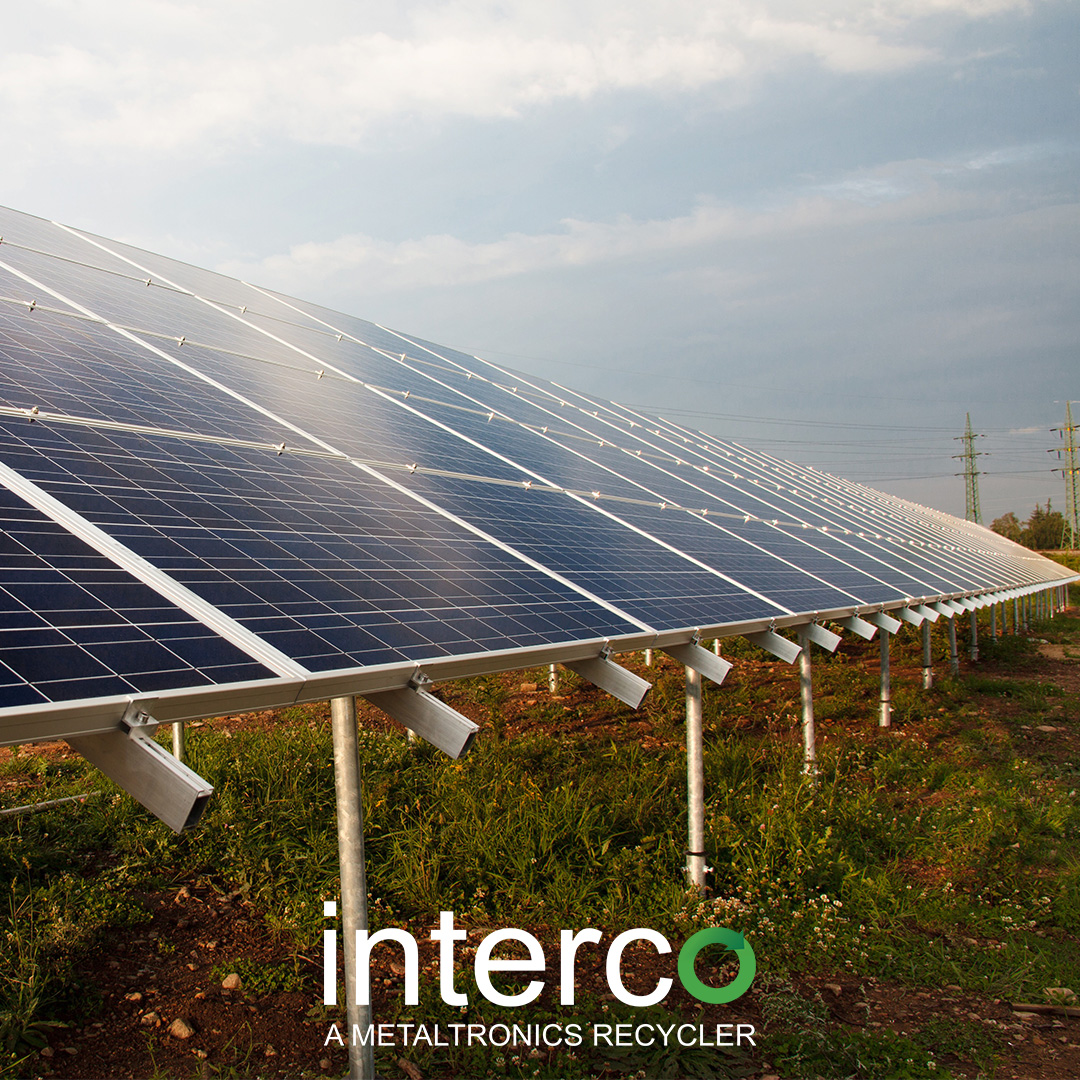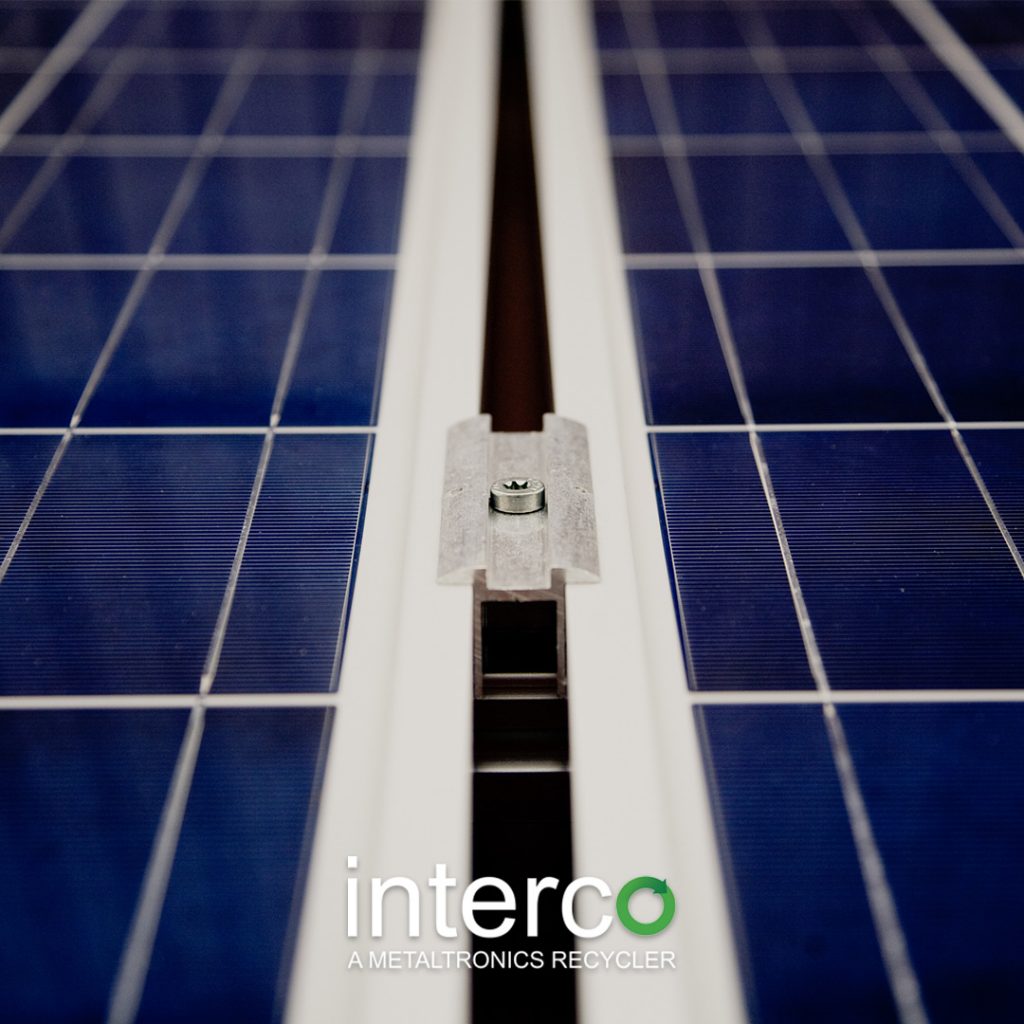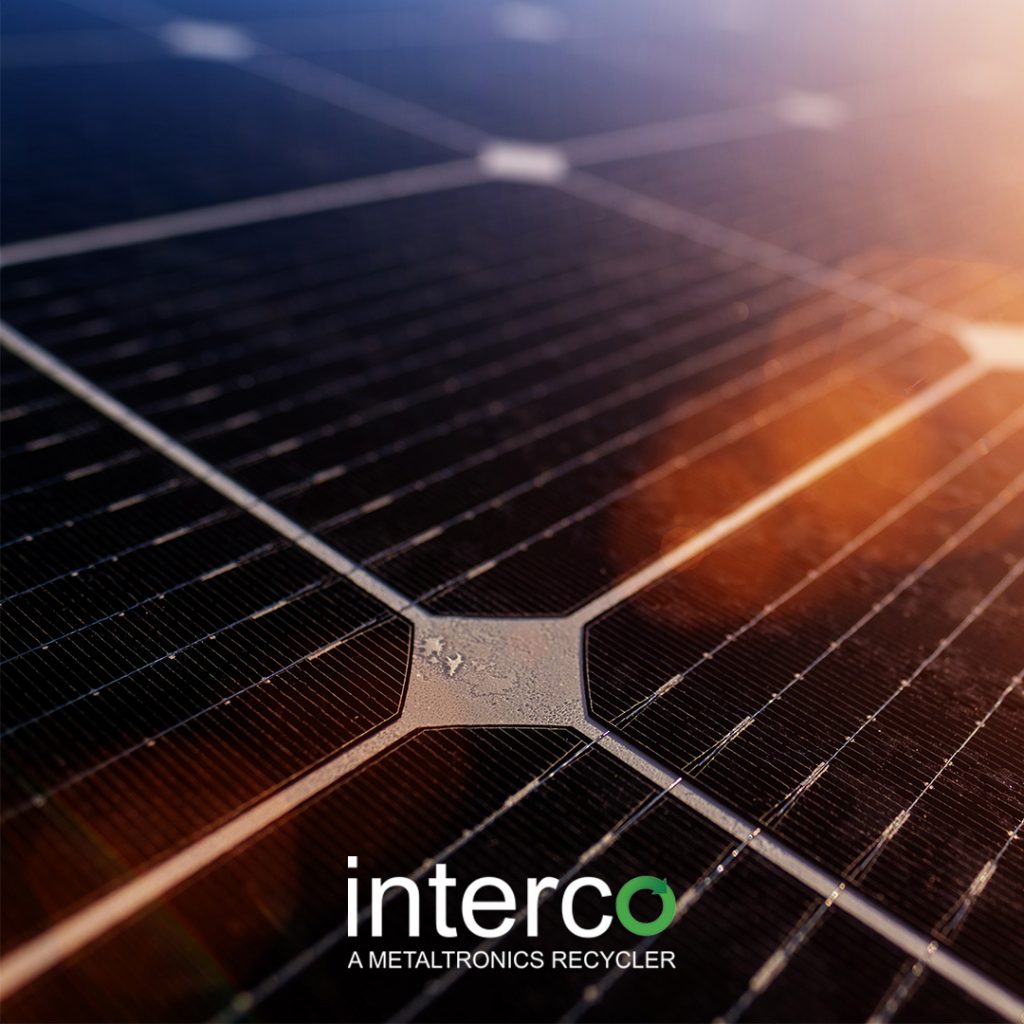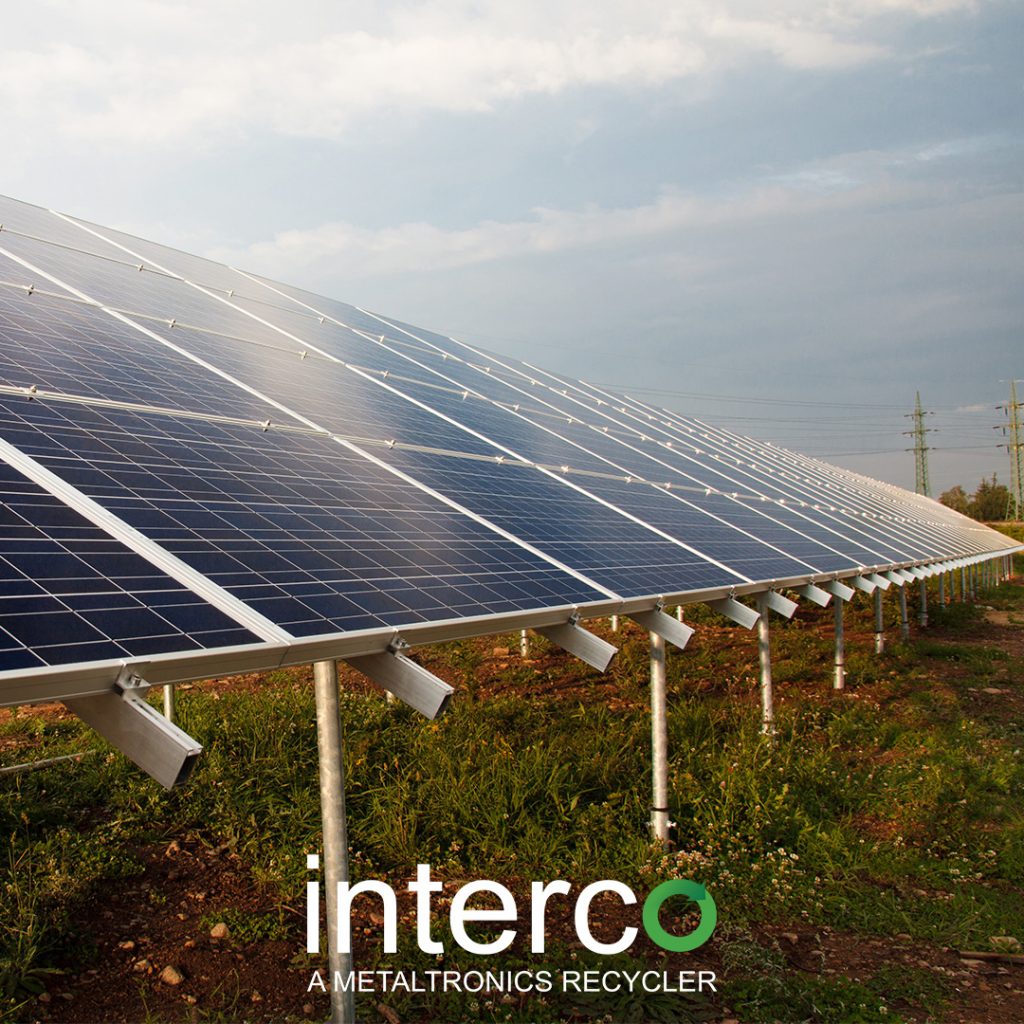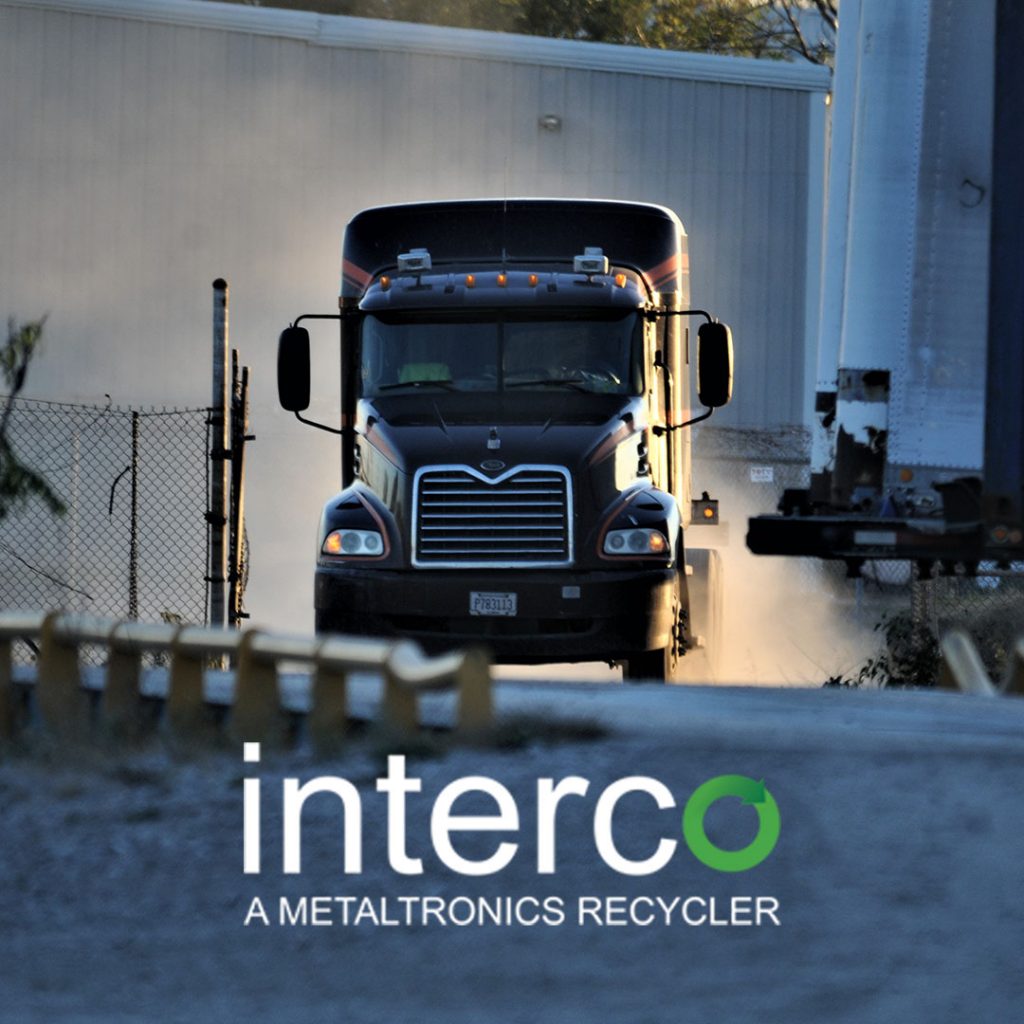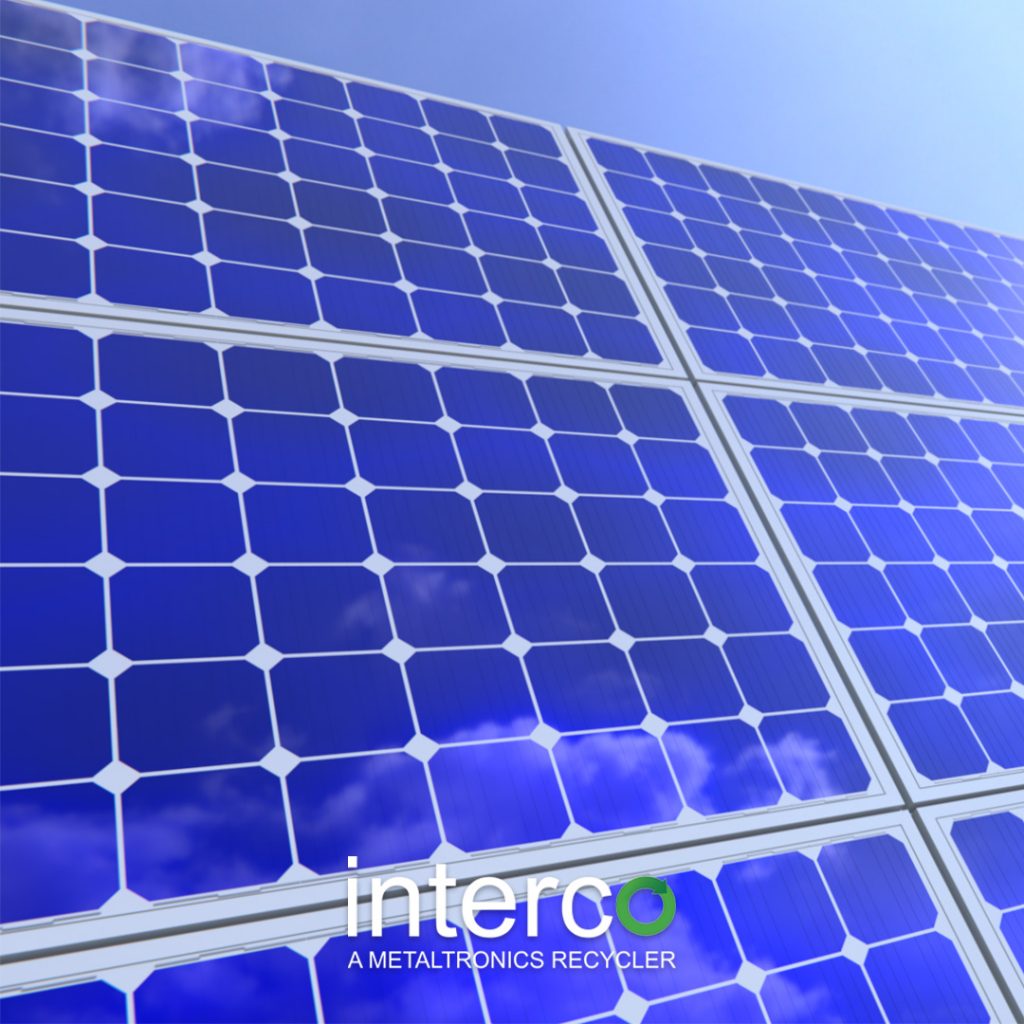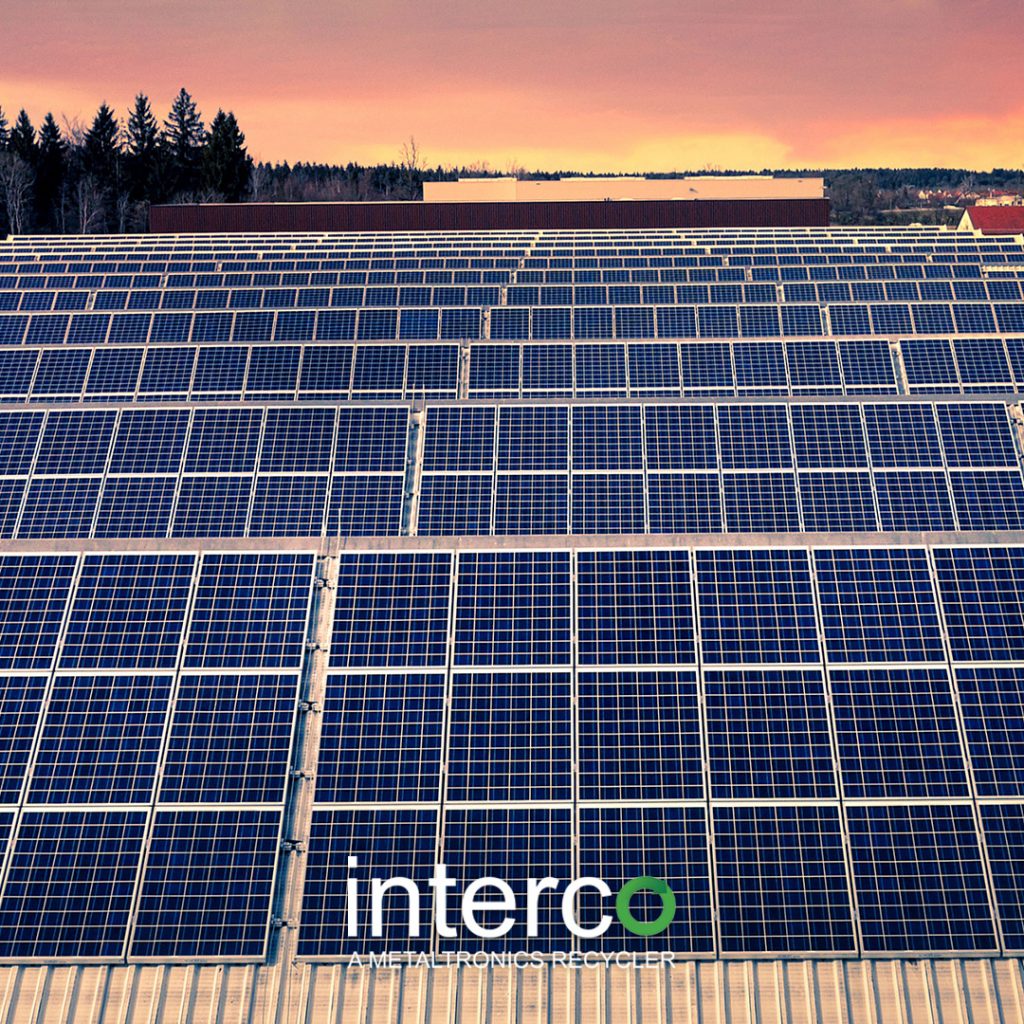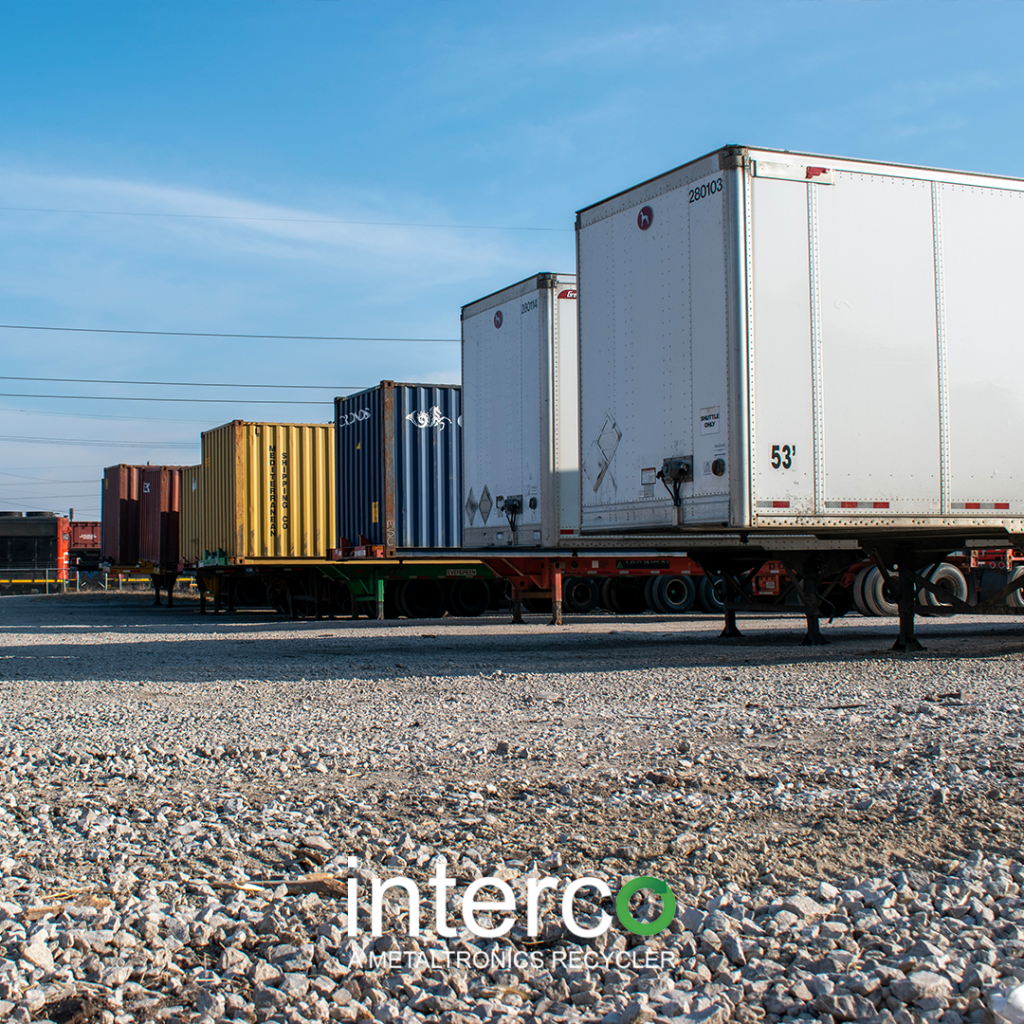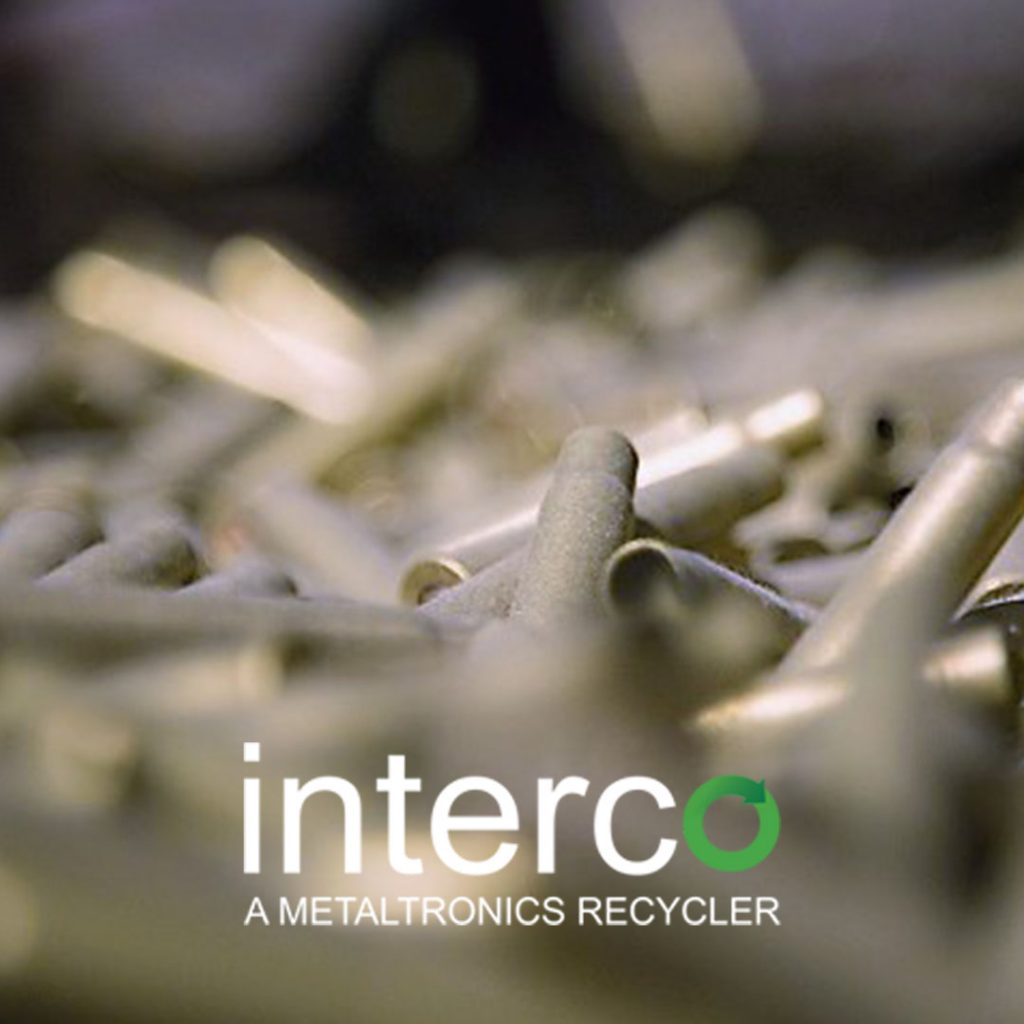
Scrap Brass Shells Disposal Services
When it comes to ammunition, owners may eventually find themselves with a pile of scrap brass shells. Consequently, corroded or unusable ammunition can earn a business extra money. Most scrap brass shells disposal services offer competitive pricing for expired ammunition.
Numerous associations – including the military, gun stores, and ammunition manufacturers – face the issue of how to manage undesirable or lapsed ammunition. Therefore, Interco recycles spent brass shells and cartridges, indoor/outdoor range lead, demilled military ordnance, tactical munitions, and artillery shells.
Manufacturers produce large amounts of scrap brass shells. When recycling used brass shell casings, recycling centers like Interco ensure the reuse of 90% of the metal.
Each cartridge casing begins its life as a brass coil formed when copper and zinc, along with a few trace elements, combine to form brass. The recycling process extracts these precious metals to produce more ammunition. As a result, collecting and recycling scrap brass shells can earn a business extra money.
Scrap Brass Shells Recycling: FAQ
Scrap brass shell casings are commonly found on the ground, but many people are unaware of the potential economic and environmental recycling value of brass shells.
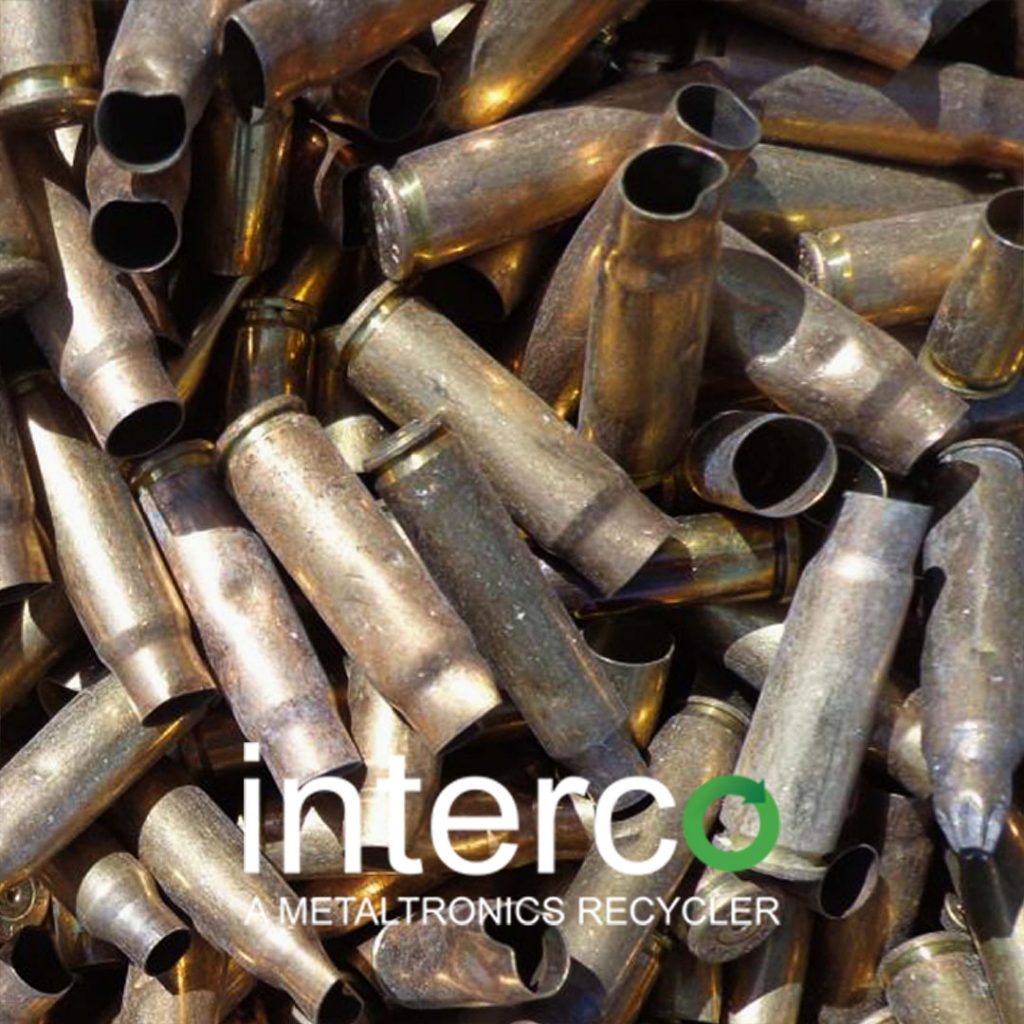
What is Recyclable?
The brass casing is recyclable, so after a round has been fired at the range, this portion can be recycled. In fact, the process to recycle brass shells discovers metal shell housings with low degrees of aluminum and manganese bronze. The reuse process to recycle brass shells starts by understanding the parts of the material:
- The projectile
- Packaging
- Black powder
- The groundwork
How Do I Get Started?
Various types of brass can be scrapped, but those that are clean have a higher value.
Used ammunition leaves users wondering what to do with the brass casing. The brass casing is recyclable, so after a round has been fired at the range, this portion can benefit from scrap brass shells disposal services. Frequently, these scrap shells enter the manufacturing process again for the new ammunition.
In fact, brass casings can be reused several times.
Although, ammunition must be inert to be recycled. Any live cartridges cannot be recycled for safety reasons. The recycling process begins once recyclers sort the material. Brass shells are important to collect and recycle, though easy to do.
What is the Process?
Scrap brass shells are the most popular type of recycled ammunition. Additionally, their popularity derives from the shell casings’ durability, corrosion resistance, and ease of reloading. So, when scrap brass shells start to pile up, it is important to collect and recycle with scrap brass shells disposal services.
Scrap brass shells disposal services offer certified and reputable recycling. Consequently, Interco provides firing ranges, gun stores, ammunition manufacturers, or government entities reliable and competitive pricing.
The Recycling Process
Shell alloys are usually containing brass, aluminum, or steel. Sometimes, brass shells are plated with chrome, nickel, silver, or even gold. After sorting the brass shells, the recycling process then proceeds with the following:
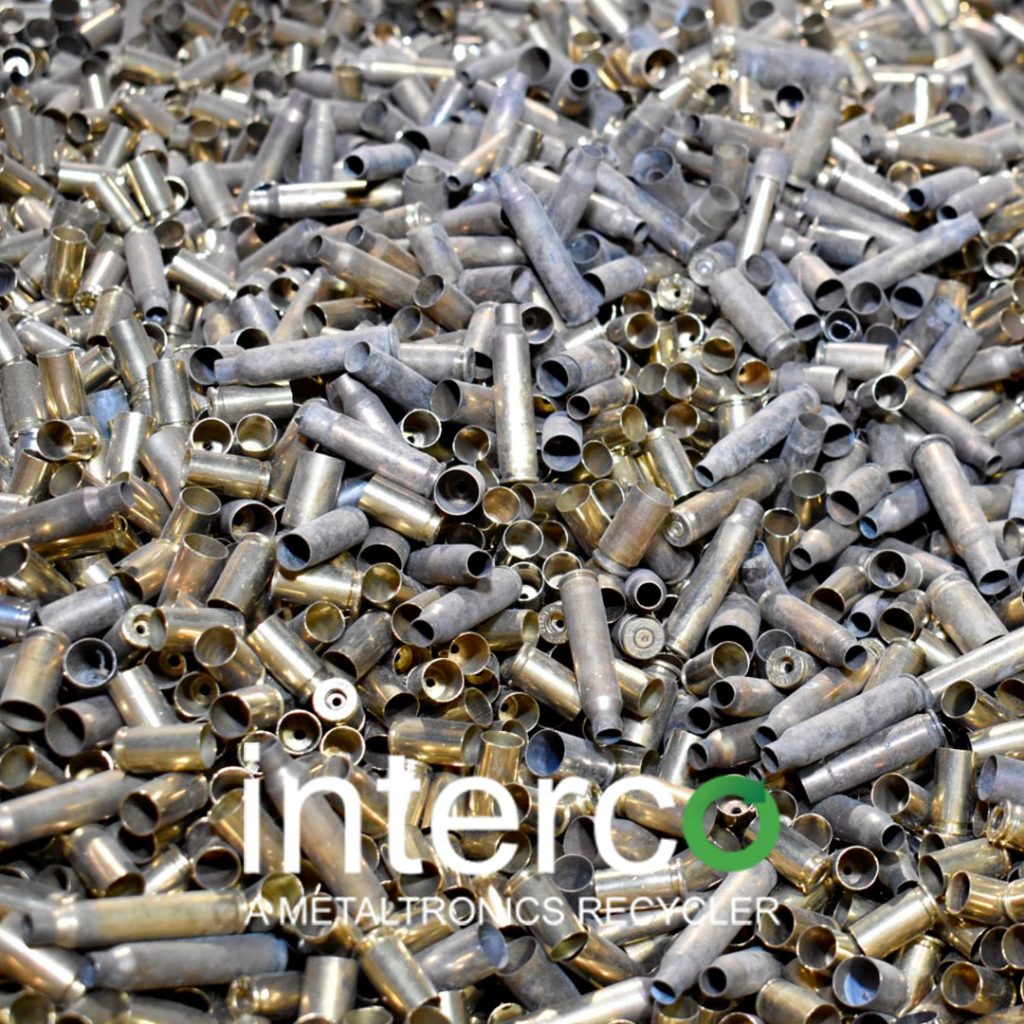
- Removing the shell.
- Shells are “popped” in a high-temperature kiln.
- A quality control supervisor verifies the shells are ready to proceed.
- The shells are then cleaned to remove as much lead and dirt as possible.
- Inspectors then run clean-and-popped shells through a shaker table.
- Next, a hammer mill or shredder takes the shells and deforms them into smaller pieces. Aggregator machines take these pieces and load them for transportation.
- Finally, the shells are taken to a brass mill. Brass shells are then melted, combined, and mixed with metallic elements to achieve a specific blend.
To finish the recycling process, brass shells are then formed into rod or ingot. Consequently, Interco purchases scrap brass cartridges across the United States.
Furthermore, Interco continues to lead the way in terms of innovative industrial recycling solutions. In addition, Interco buys components, whole units, peripherals, batteries and boards, and precious metal anywhere in North America for recycling.
Interco Offers Scrap Brass Shells Disposal Services
Scrap brass shells are the most common type of recycled ammunition. In fact, their popularity derives from the shell casings’ durability, corrosion resistance, and ease of reloading. Interco buys components, whole units, peripherals, batteries and boards, and precious metal from across the western hemisphere for recycling. The team at Interco is experiencing significant market position growth due to several factors that suggest steady acceleration for years to come. The company offers delivery, pickup, full truckload, and LTL services. Learn about Interco and its services here.
